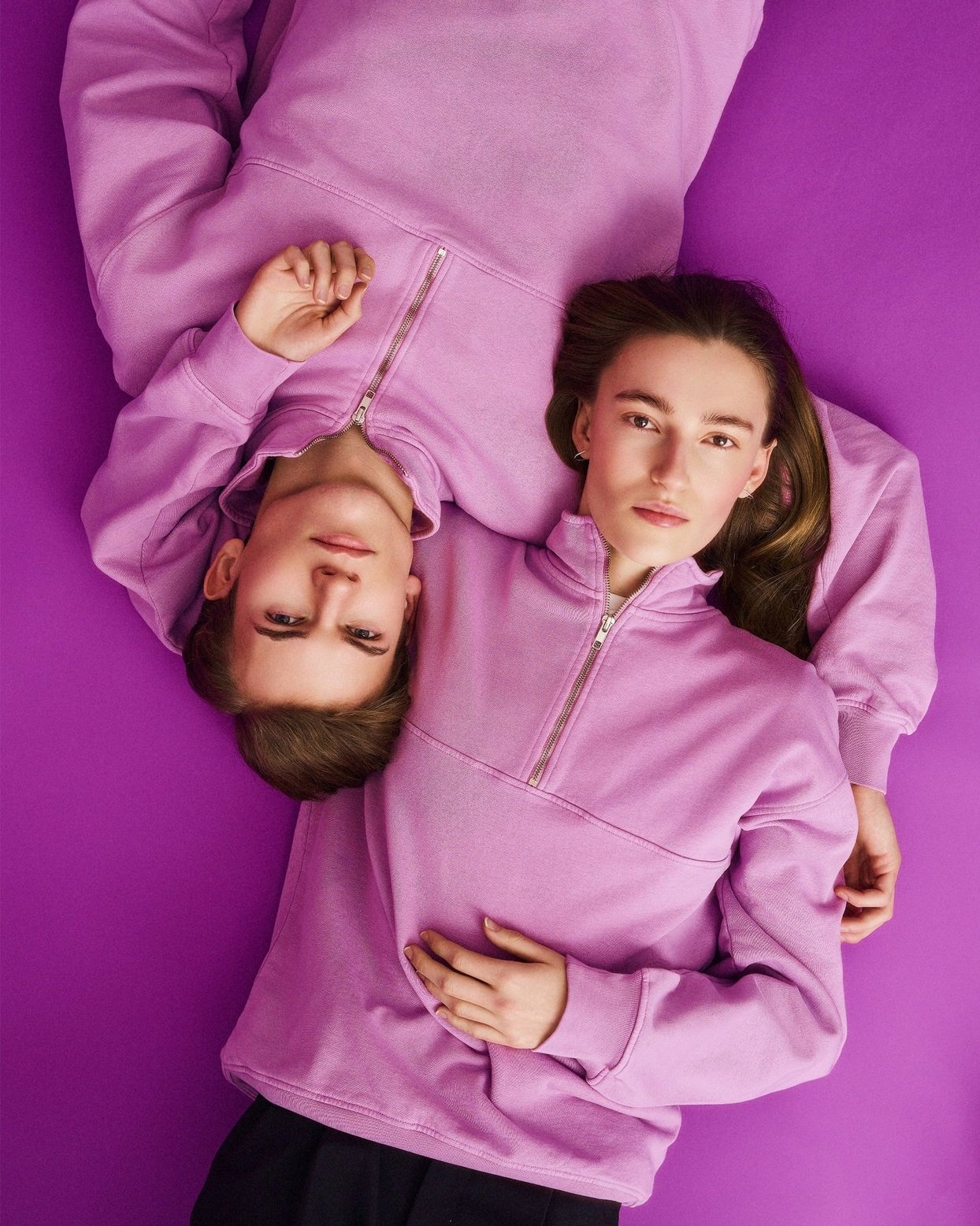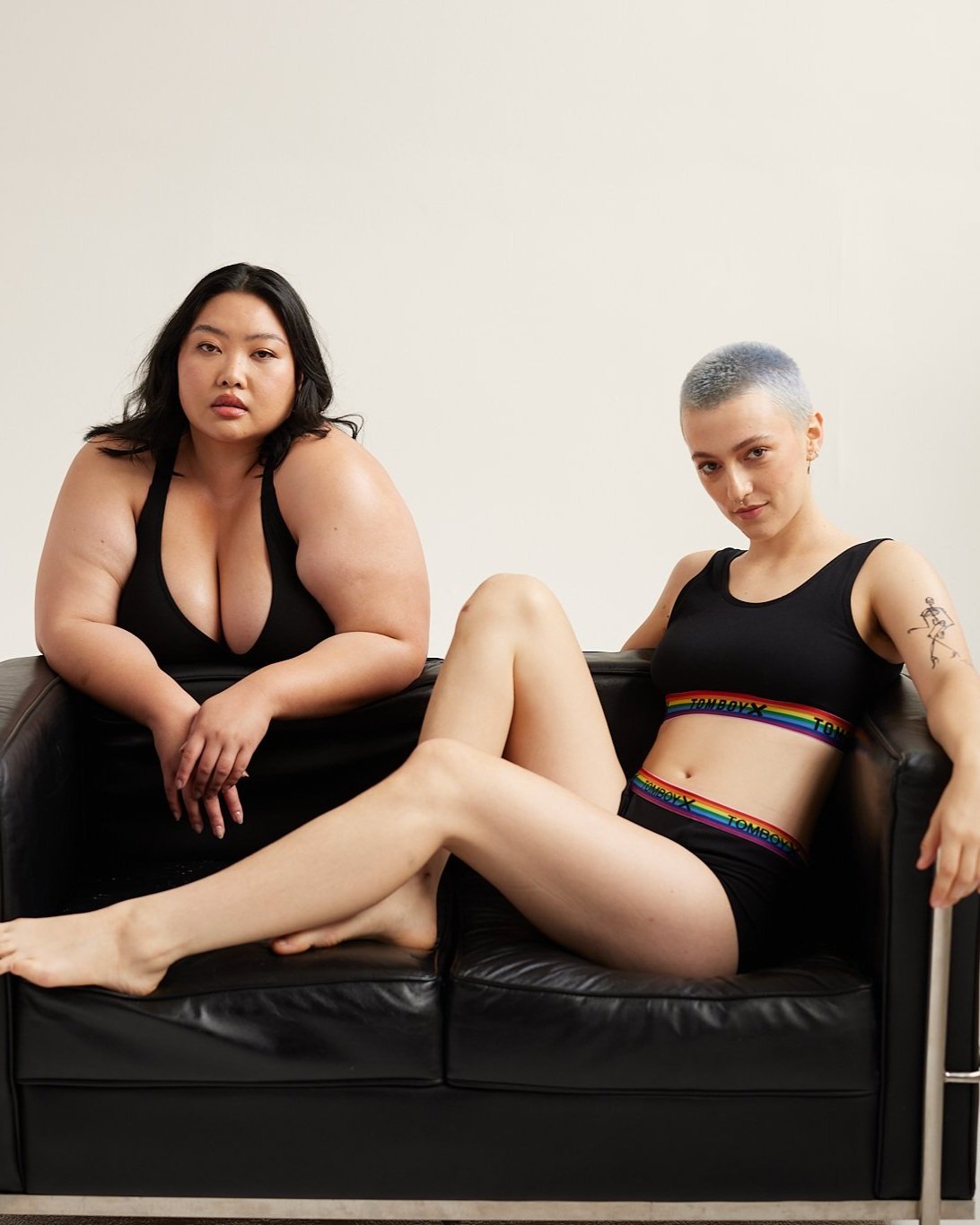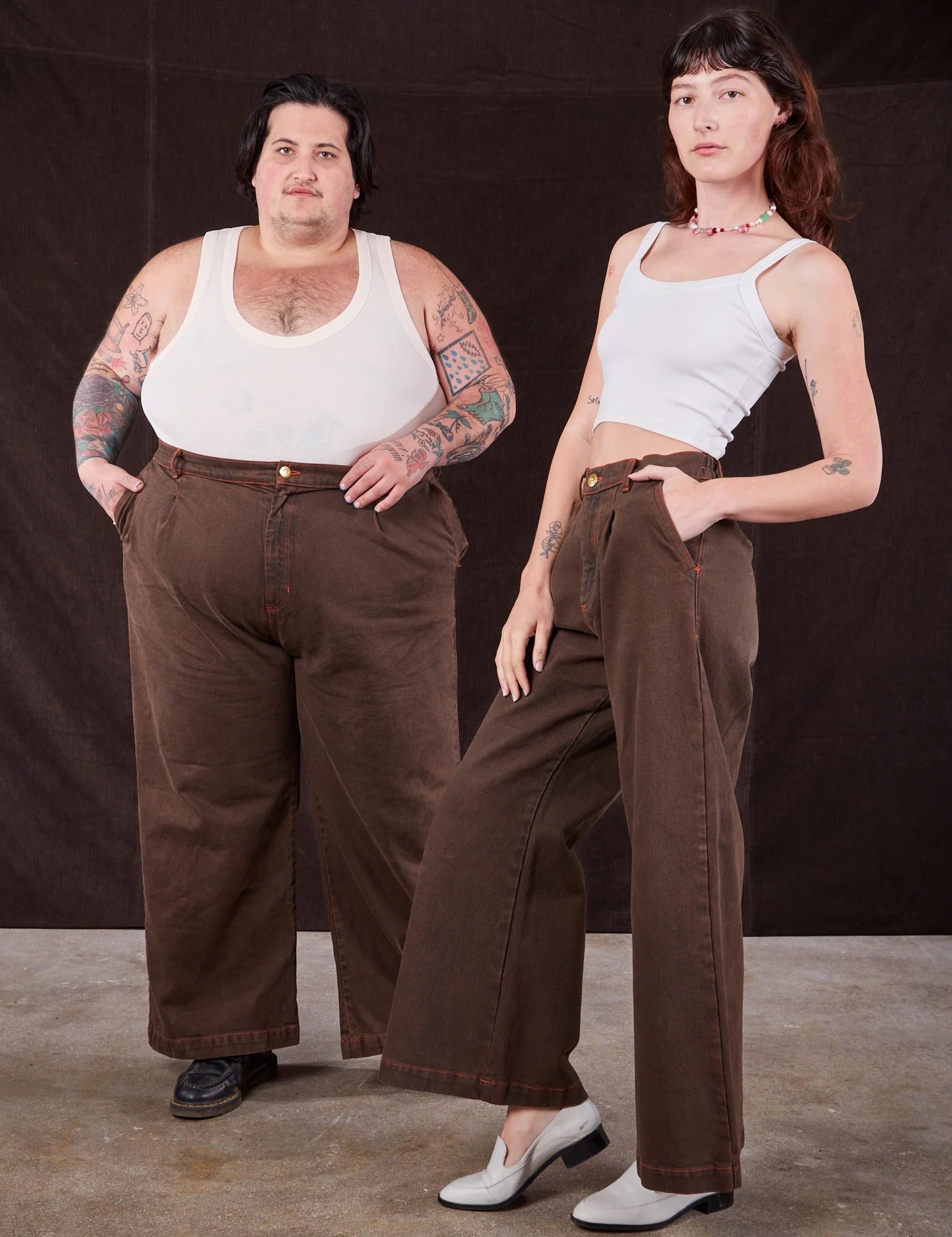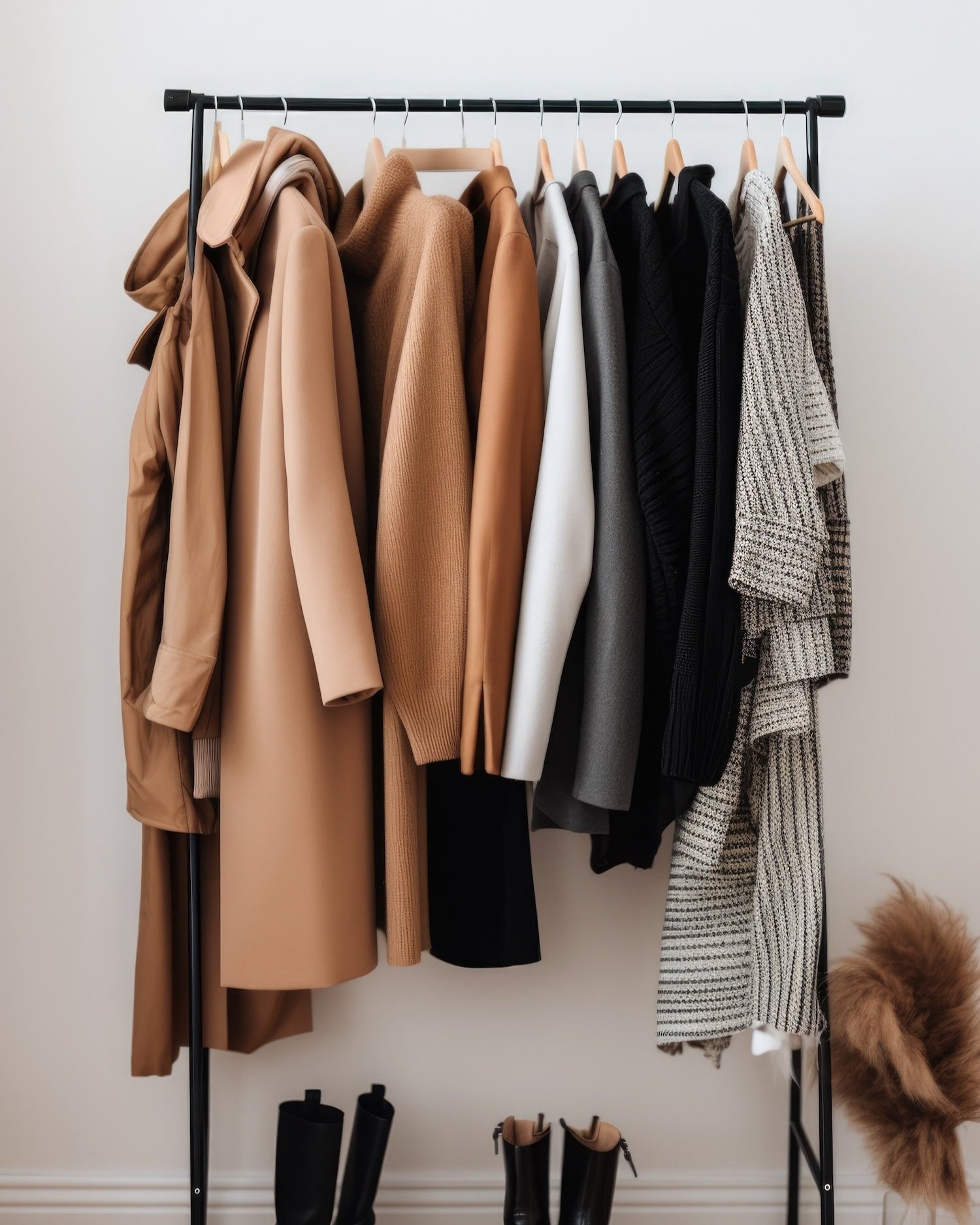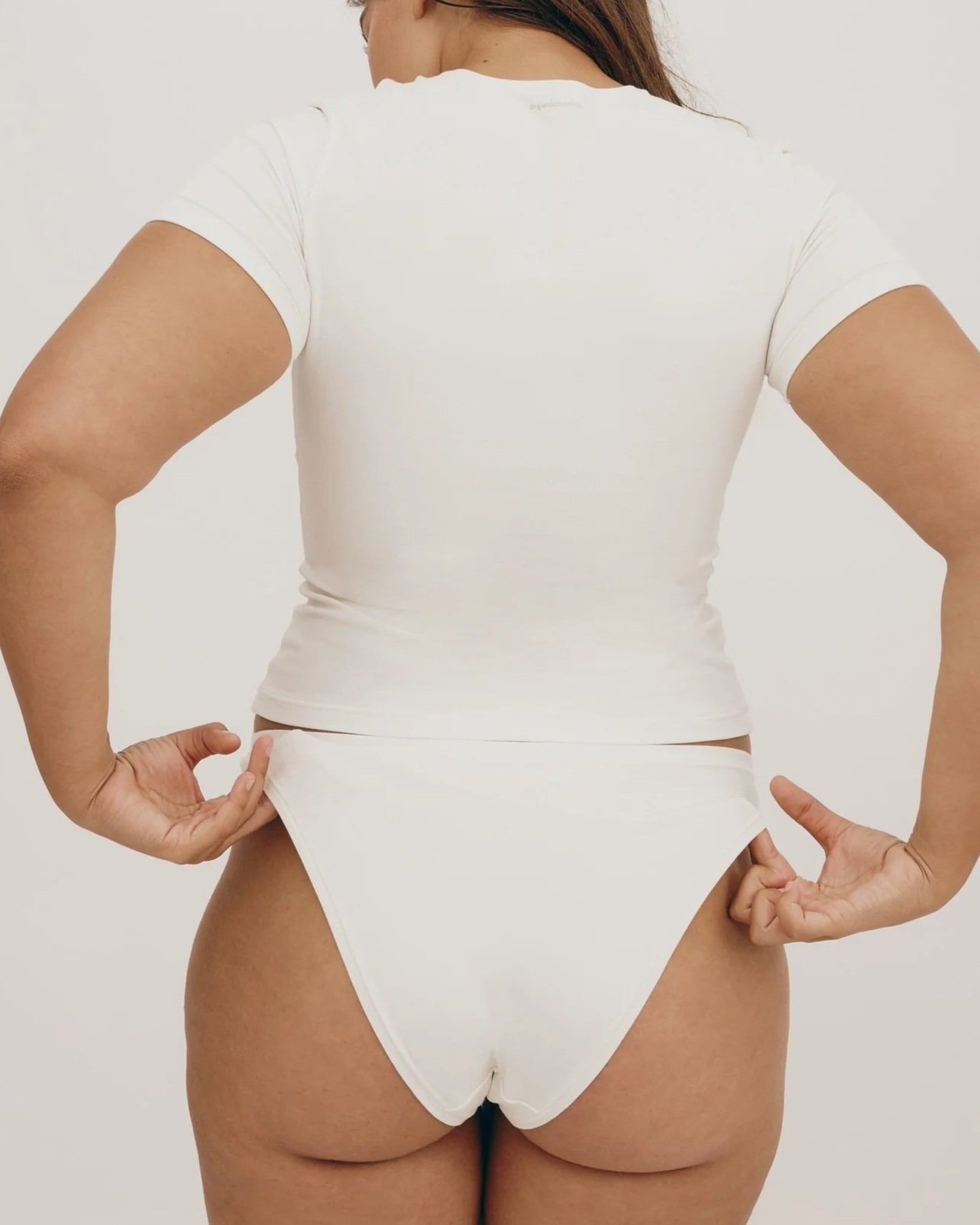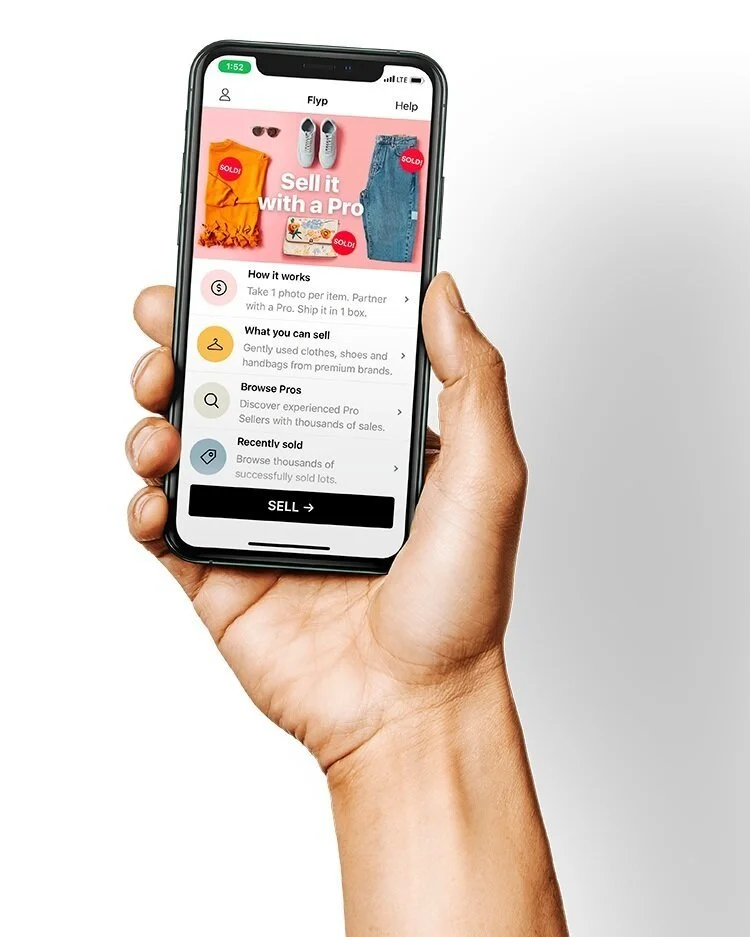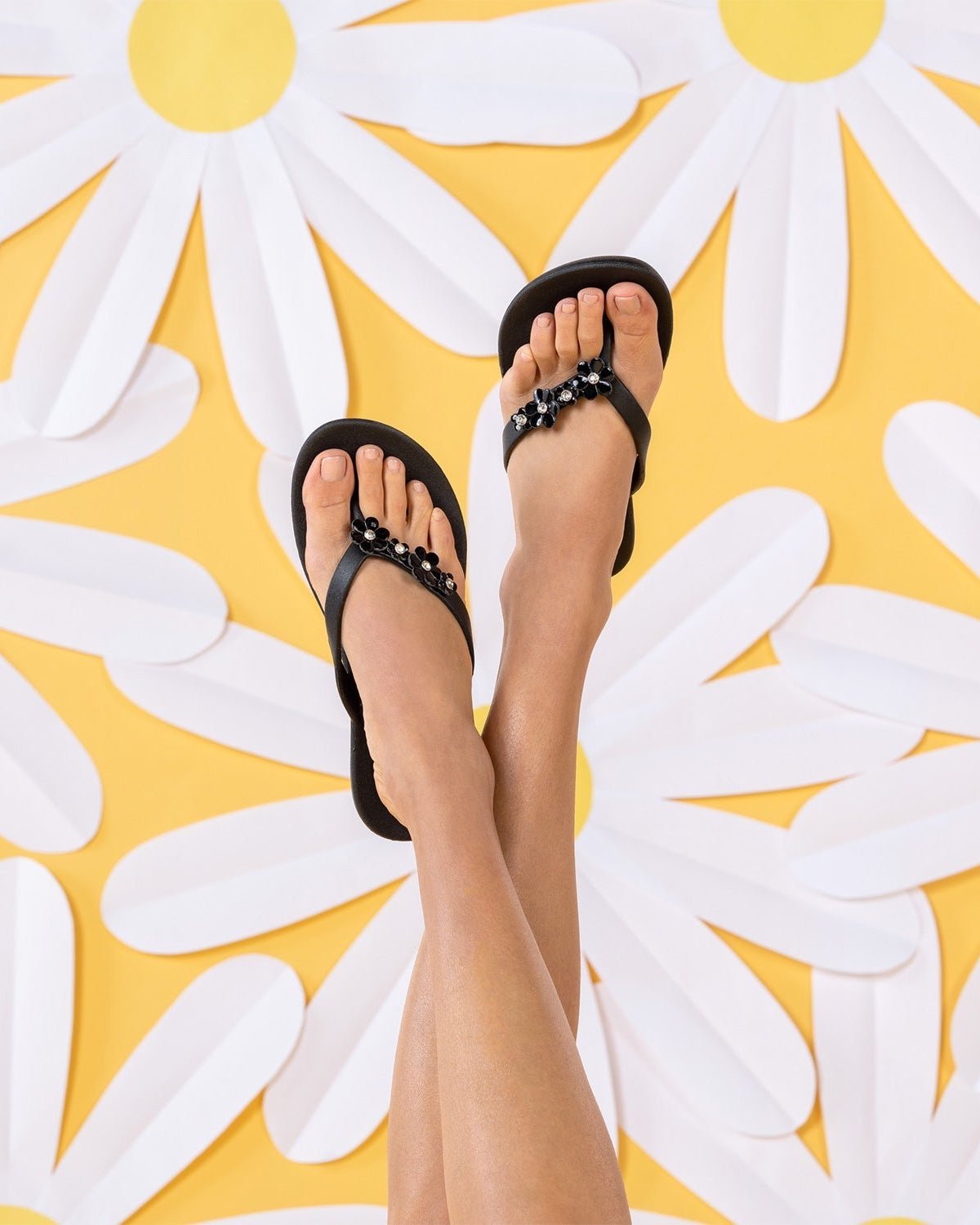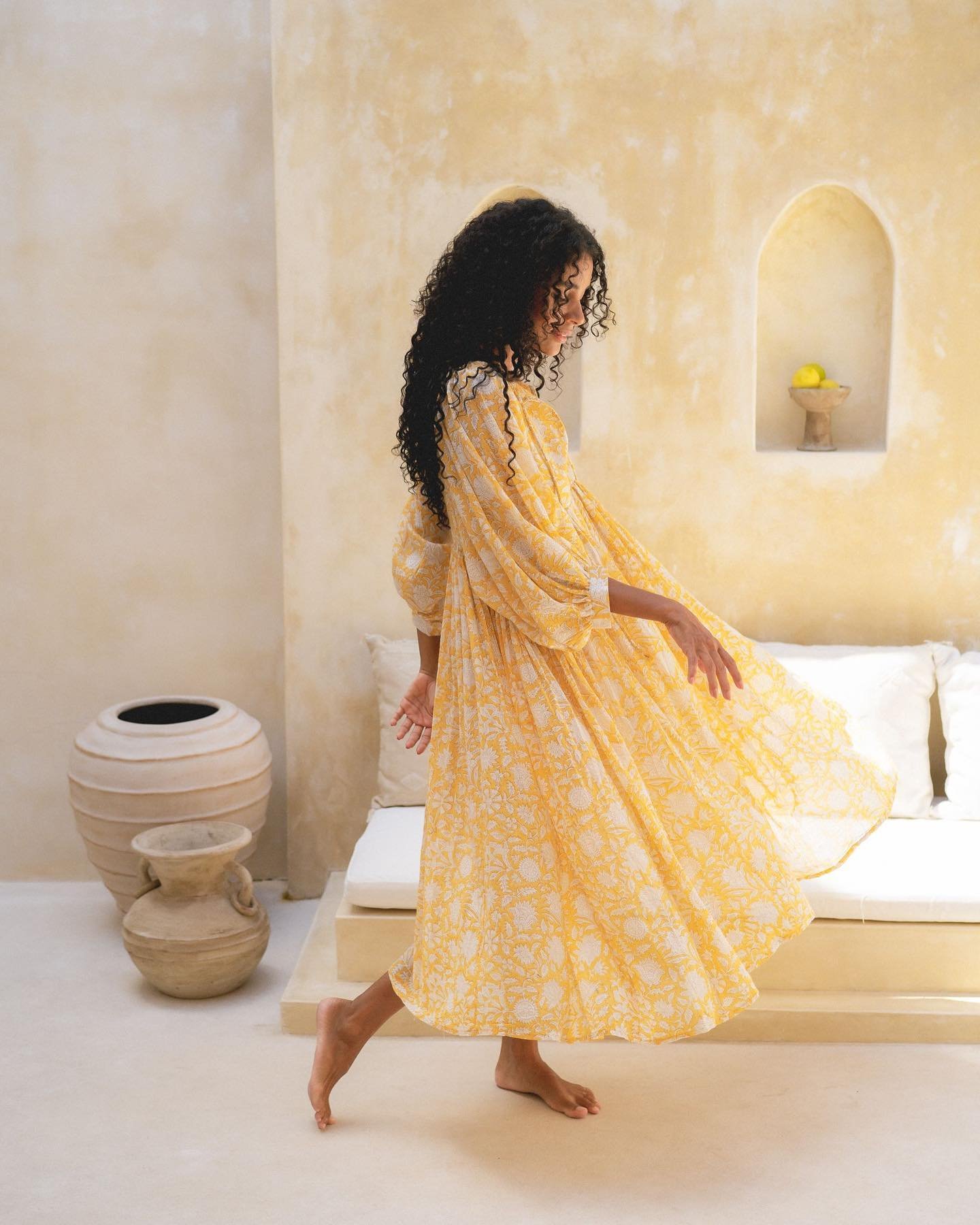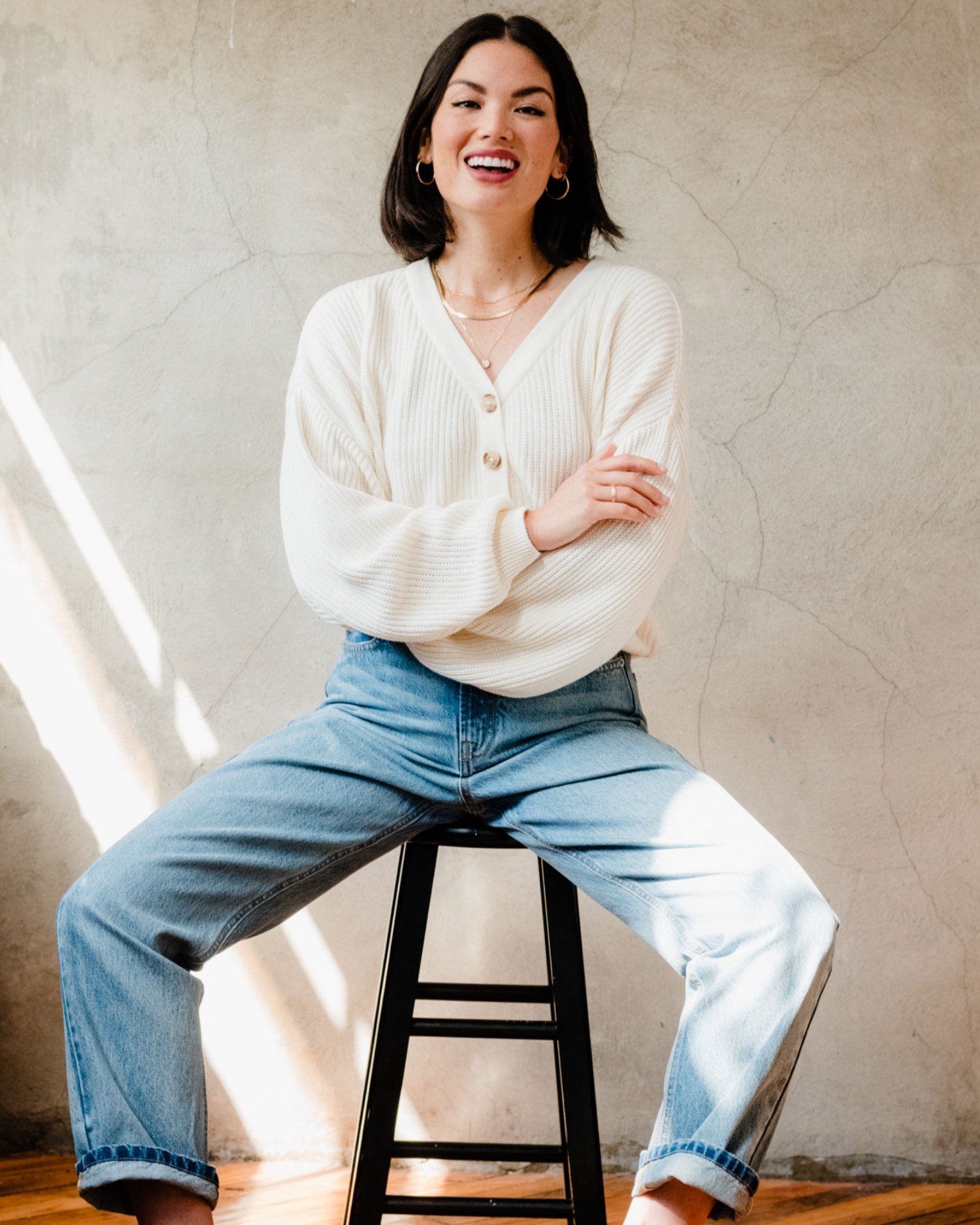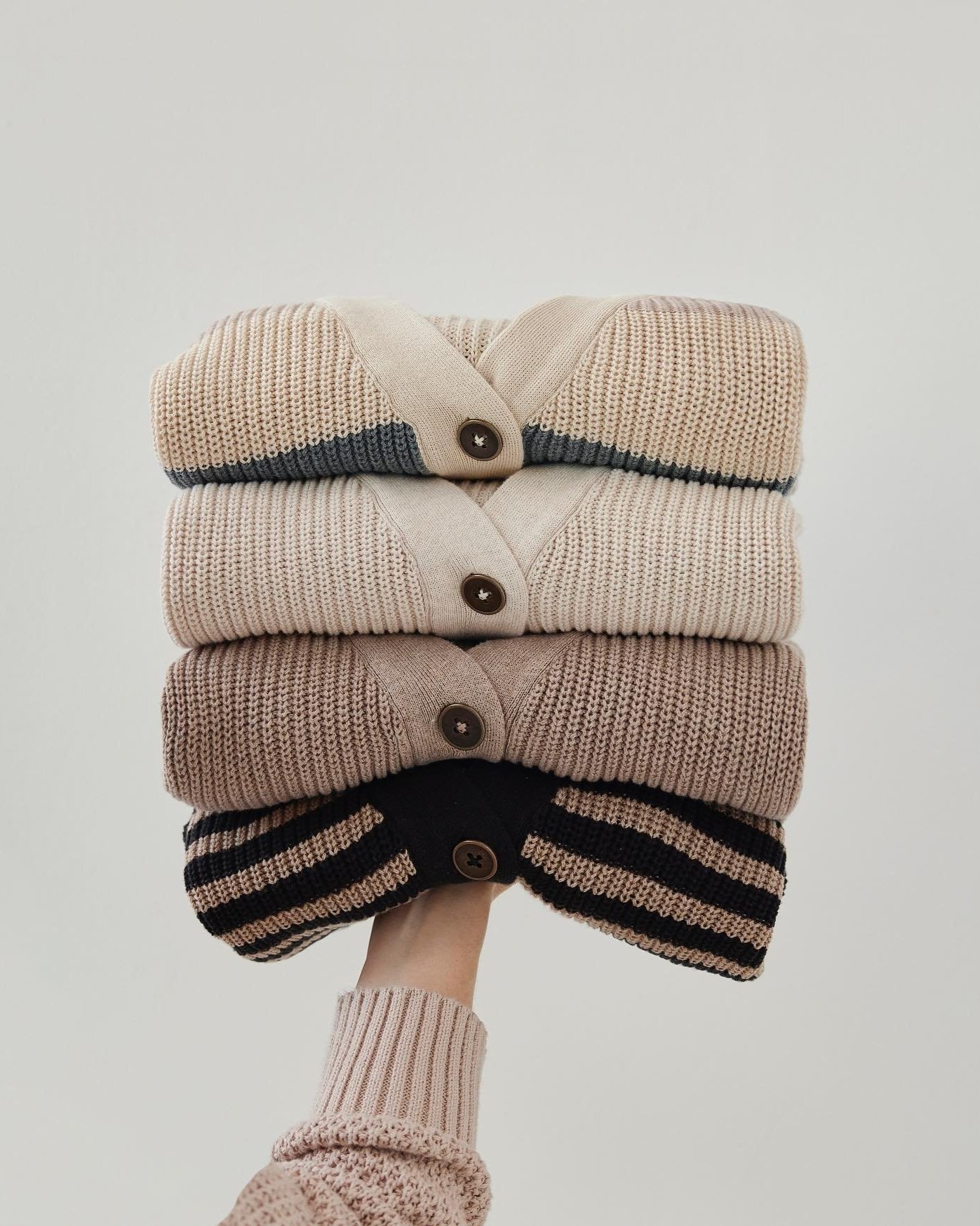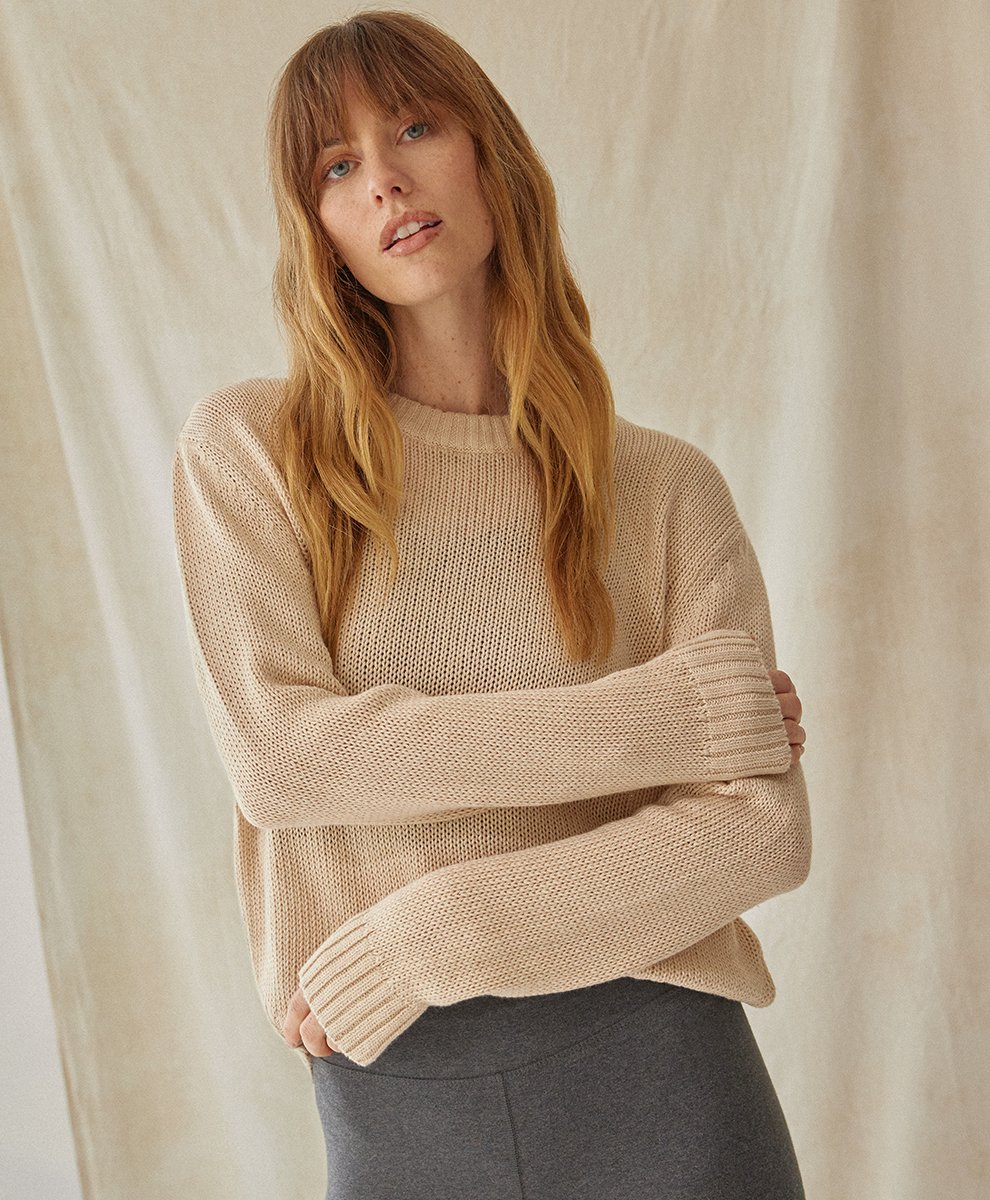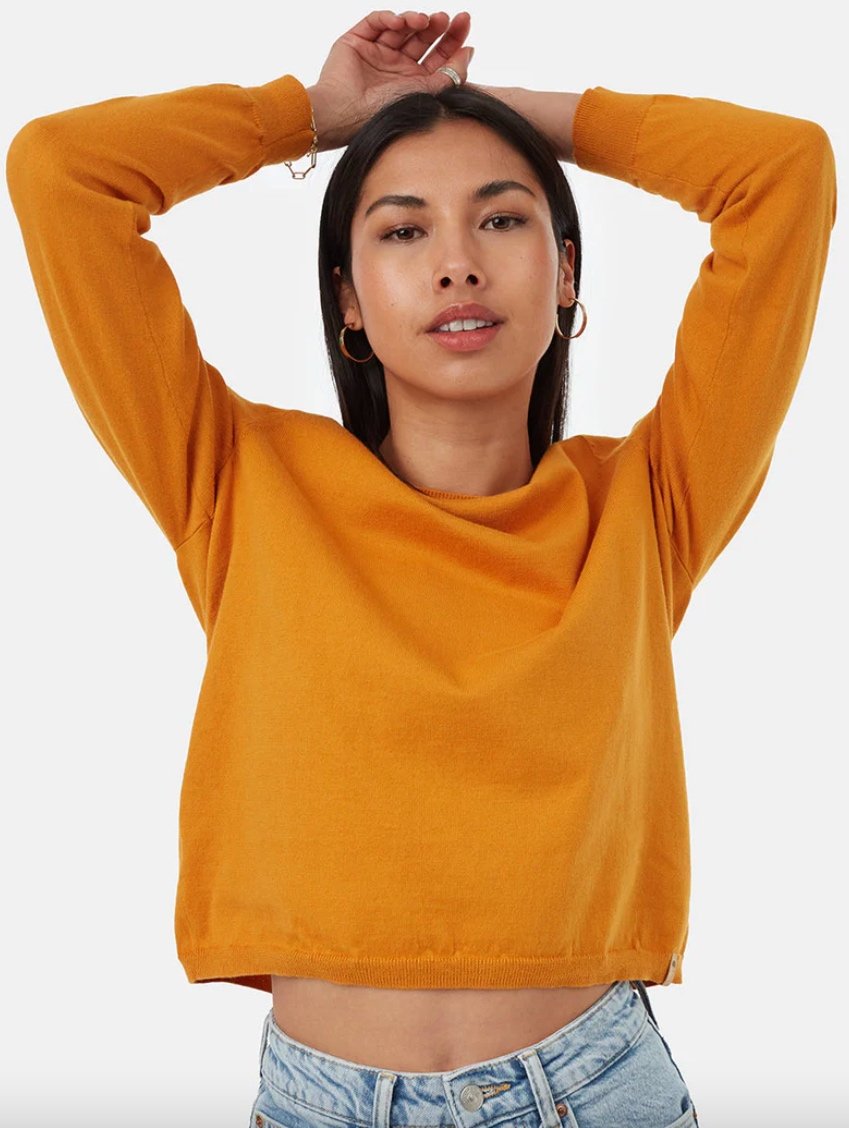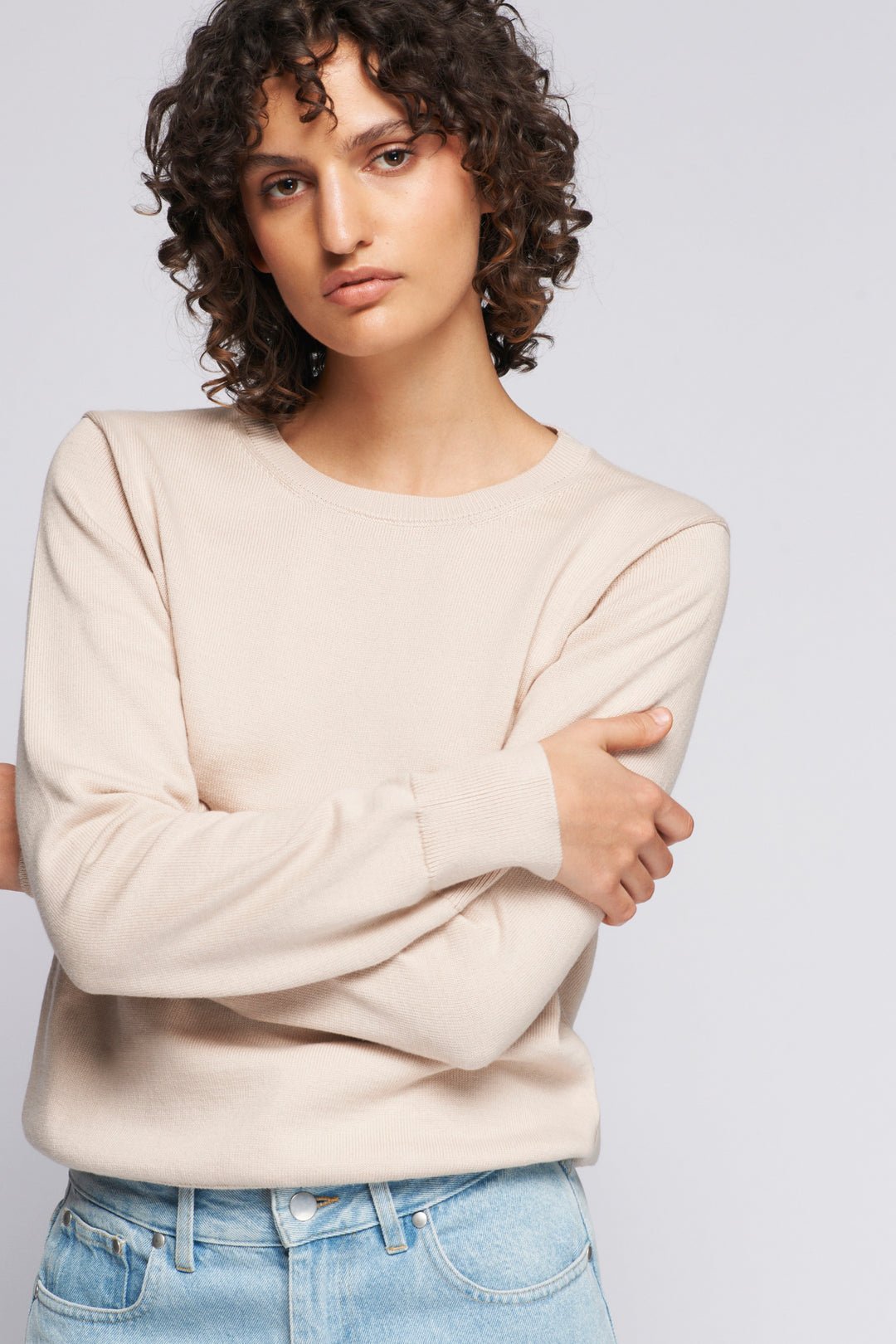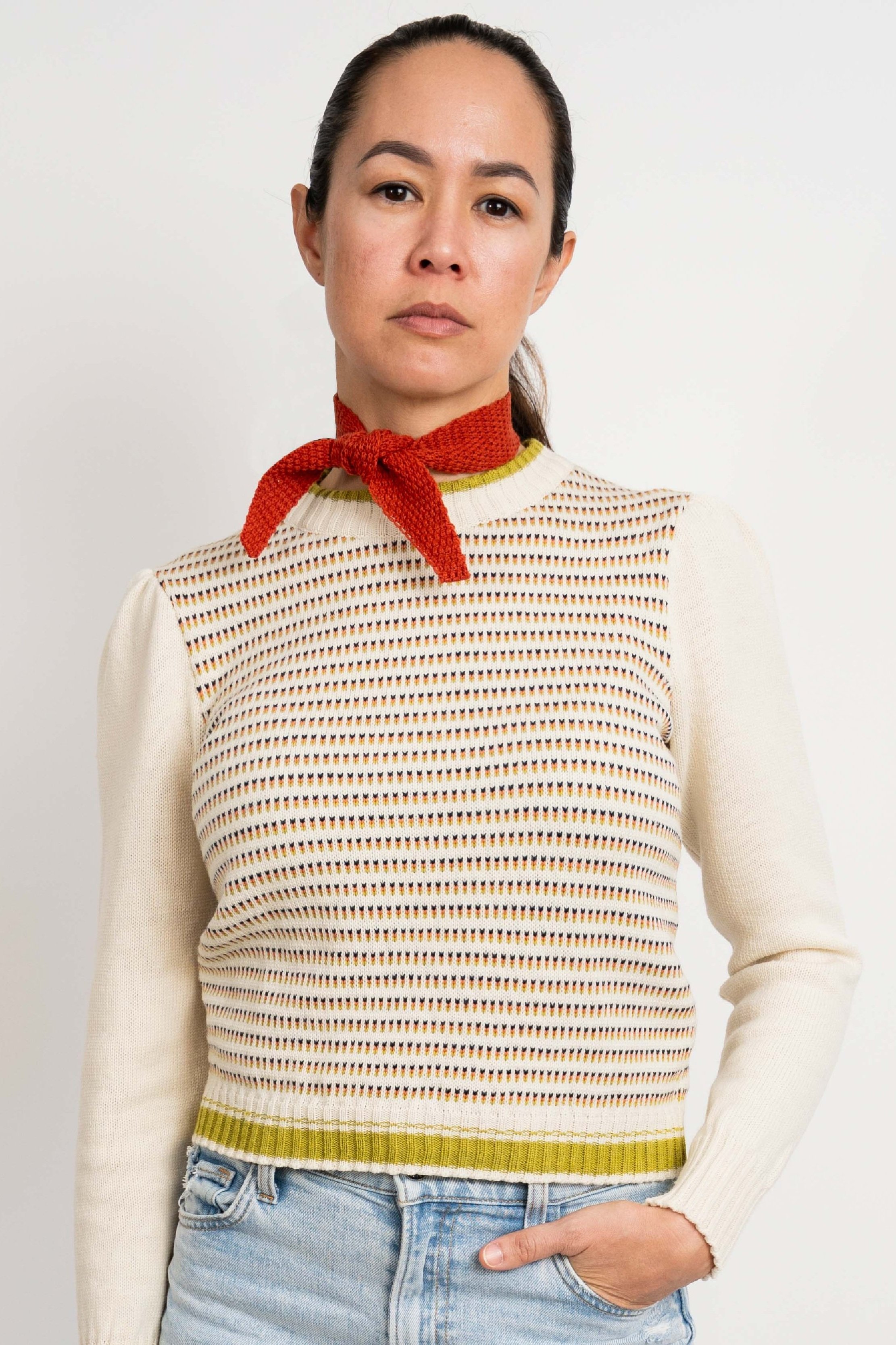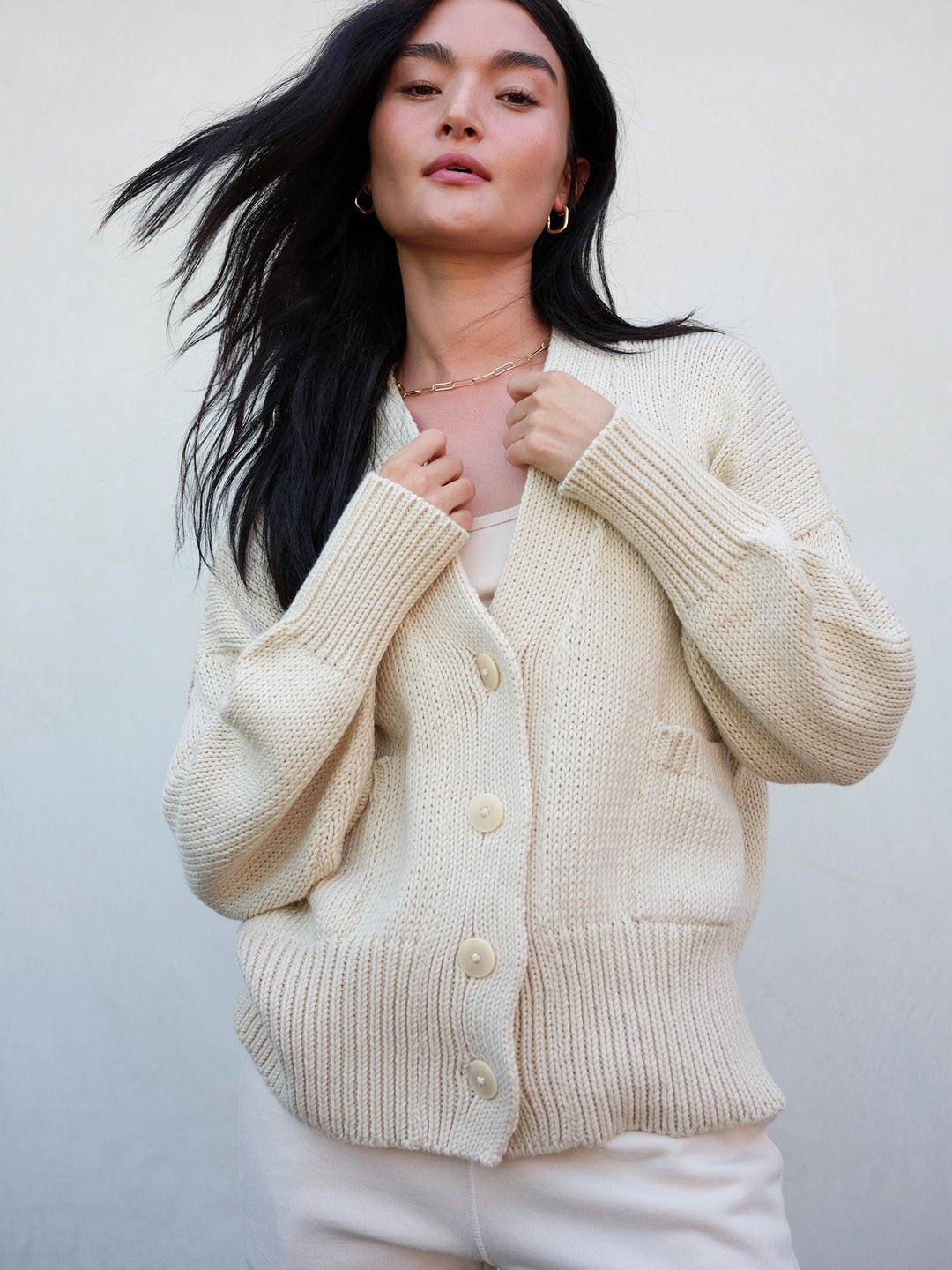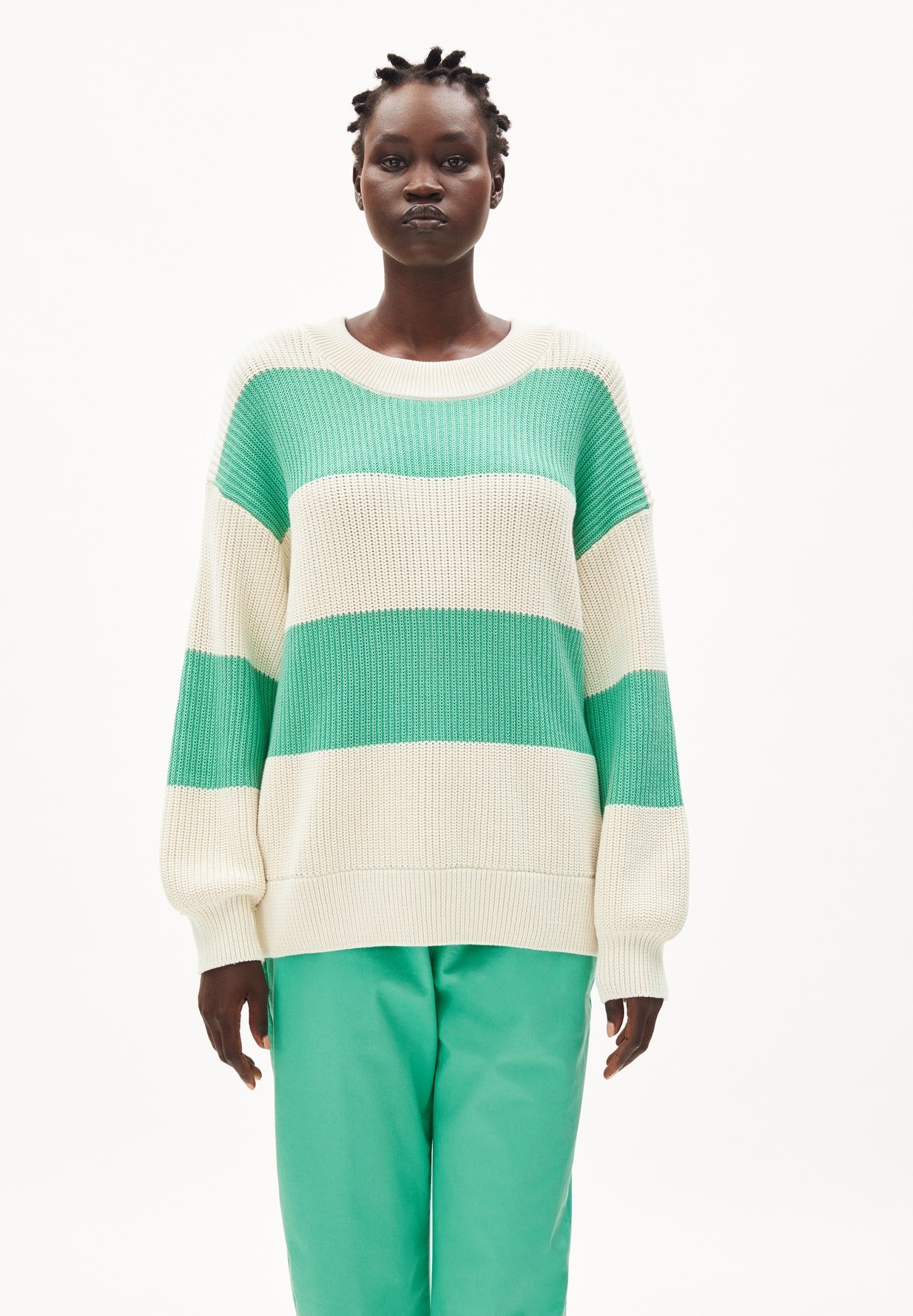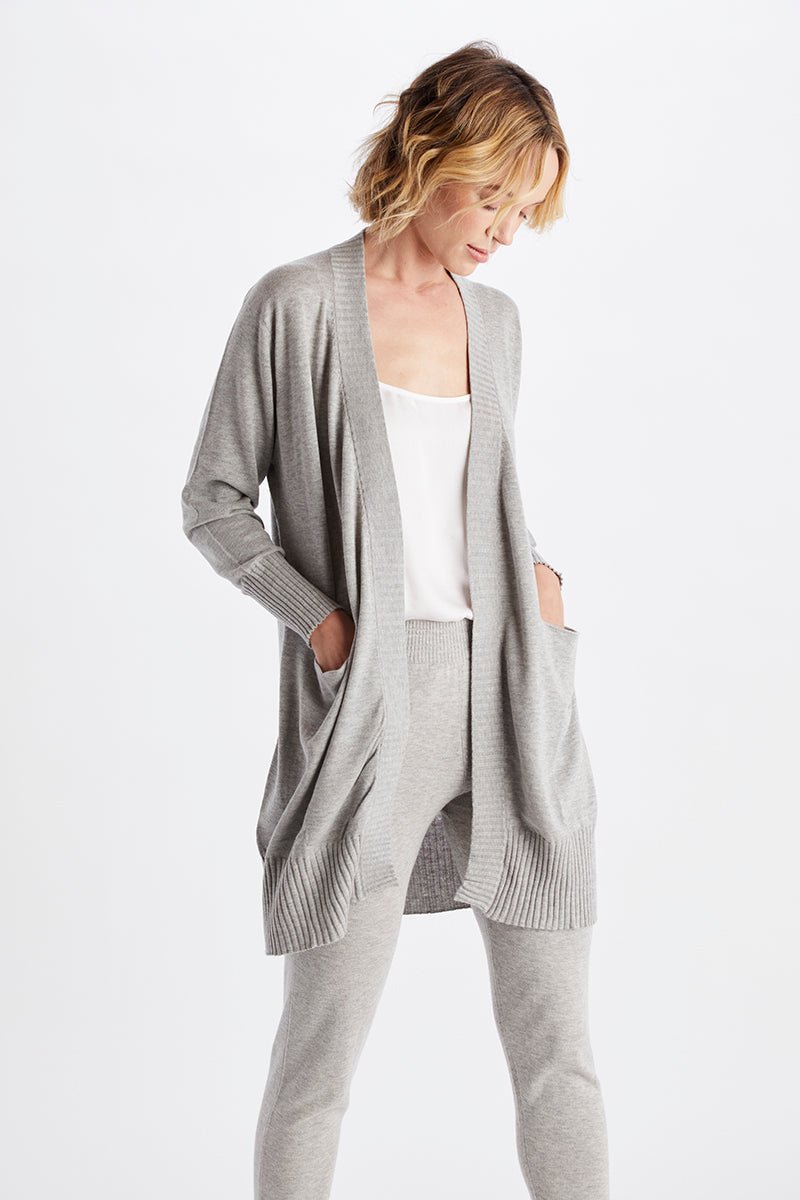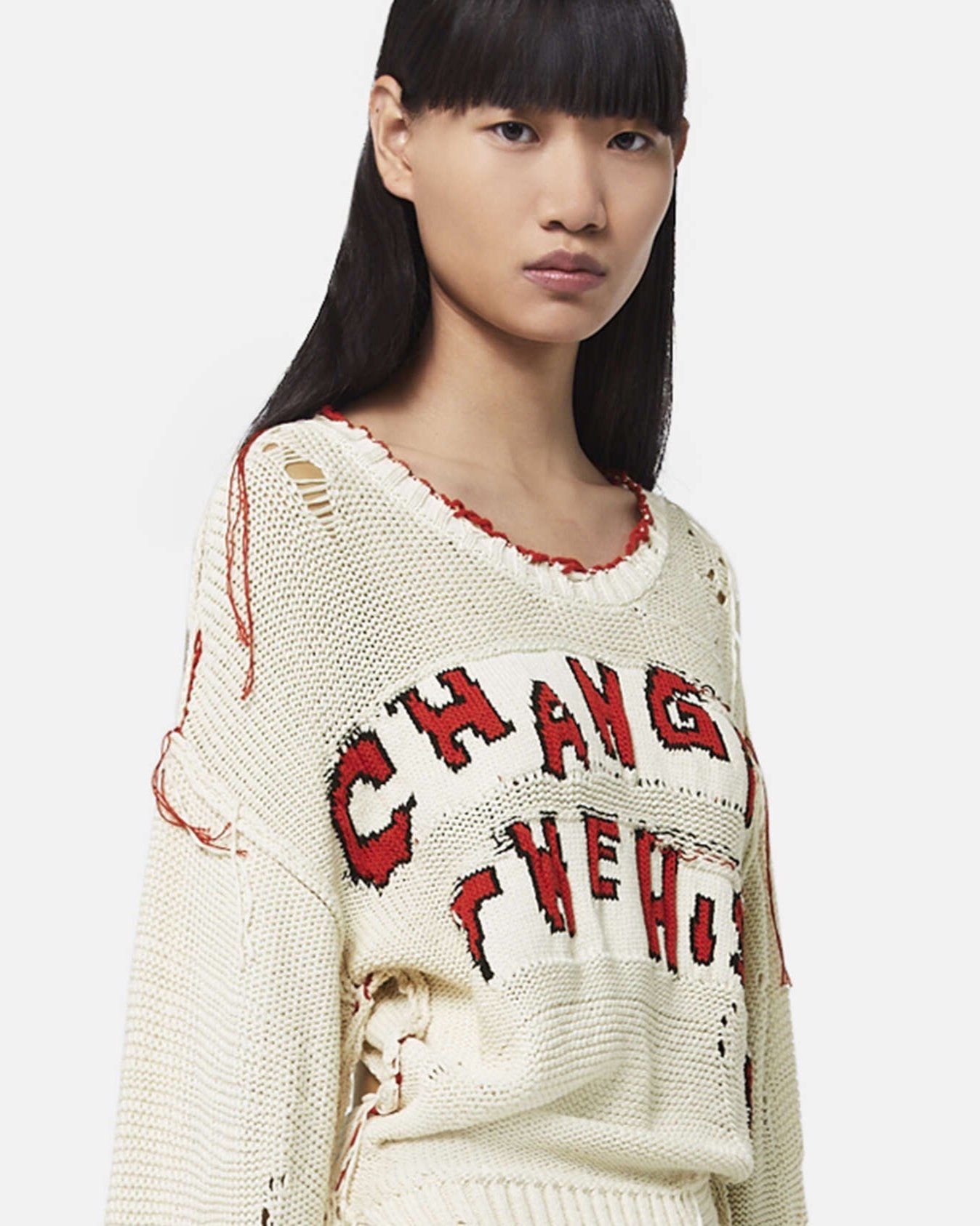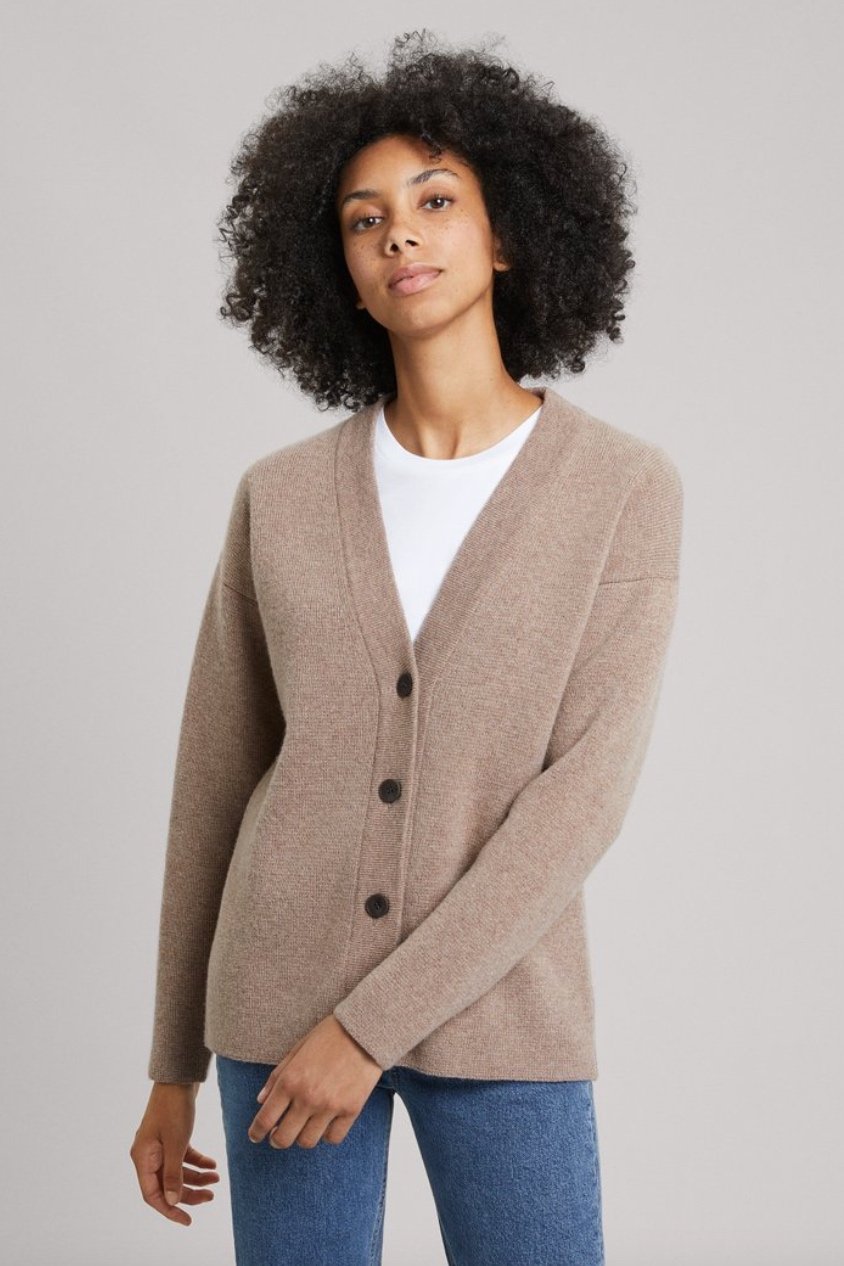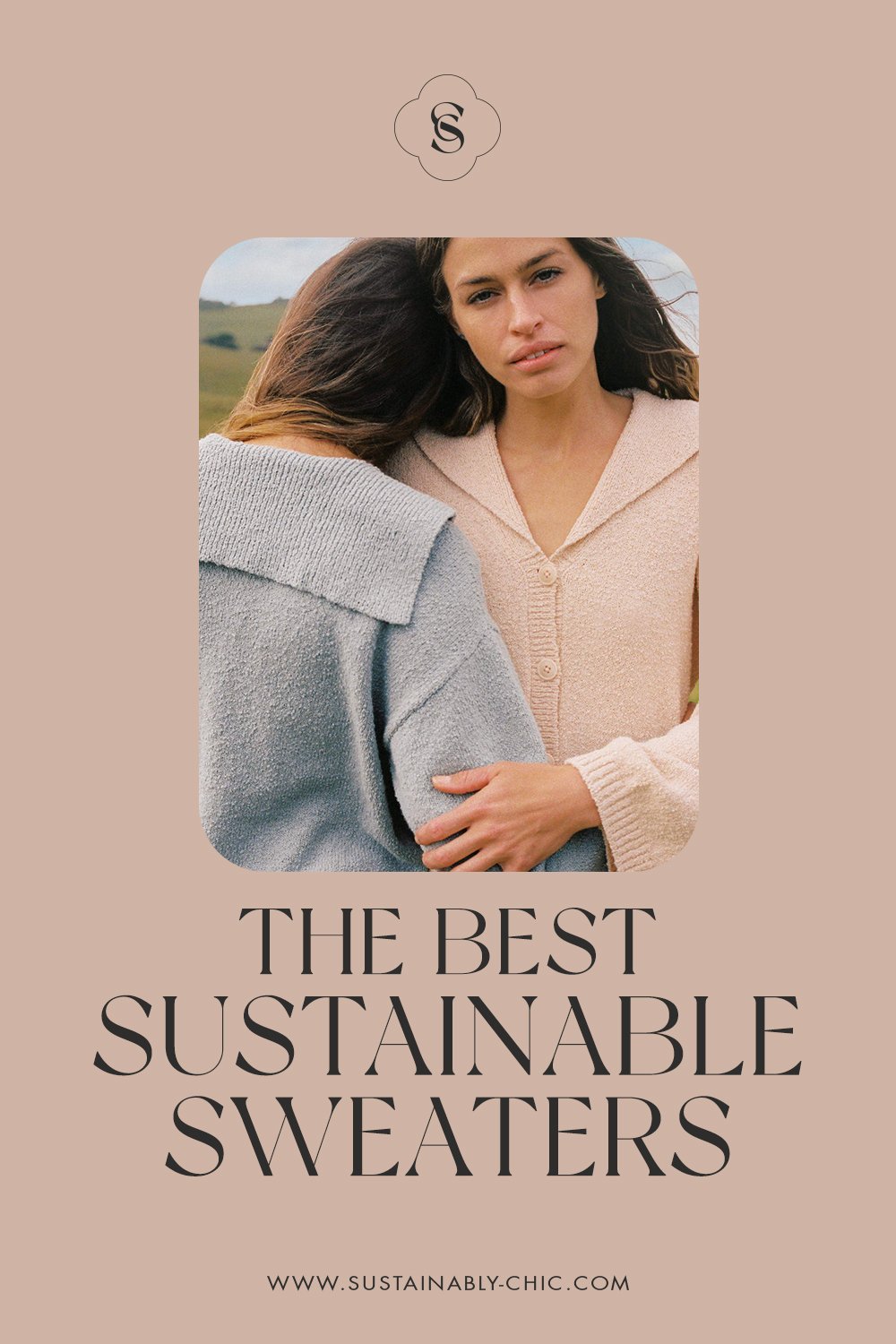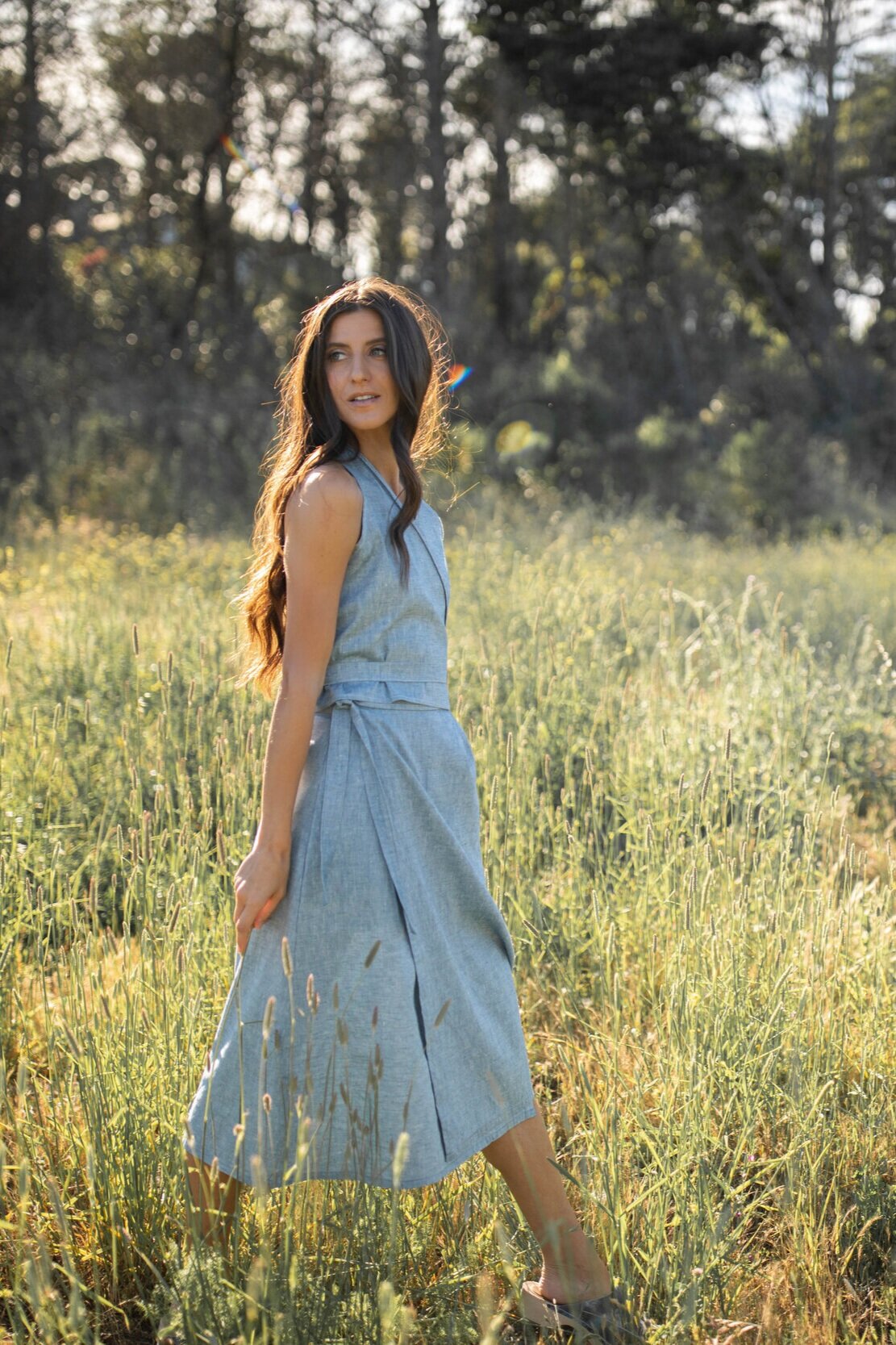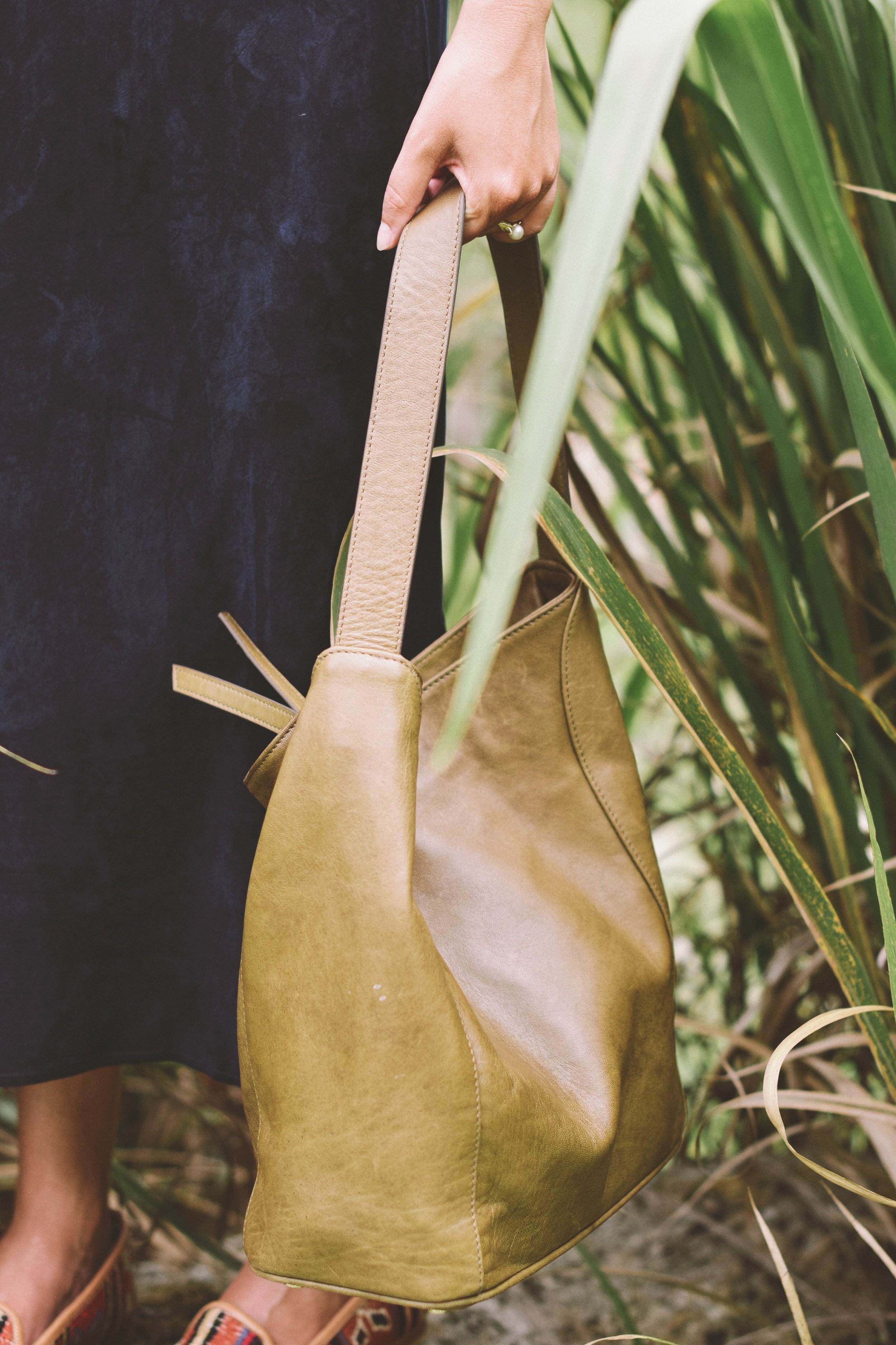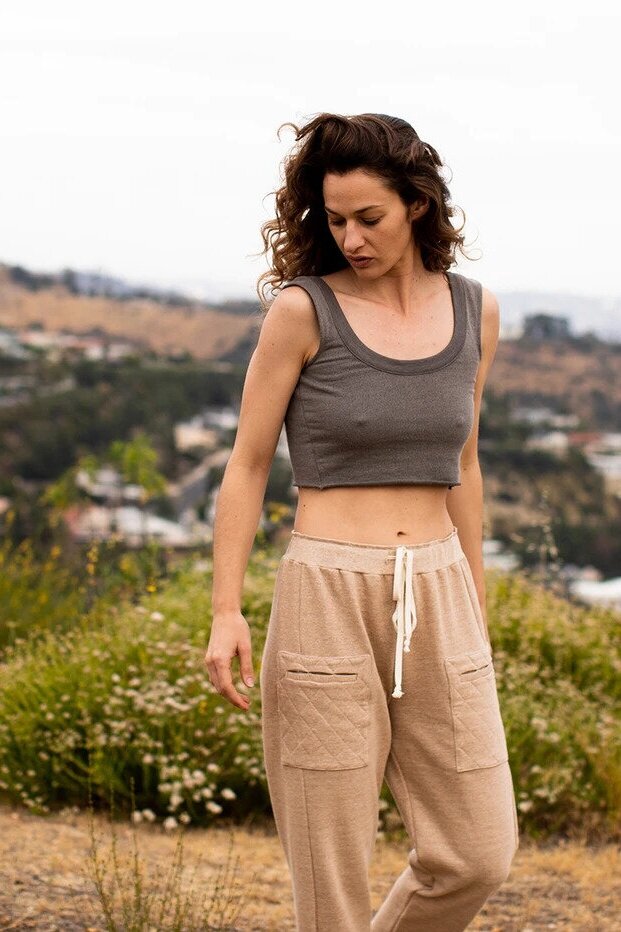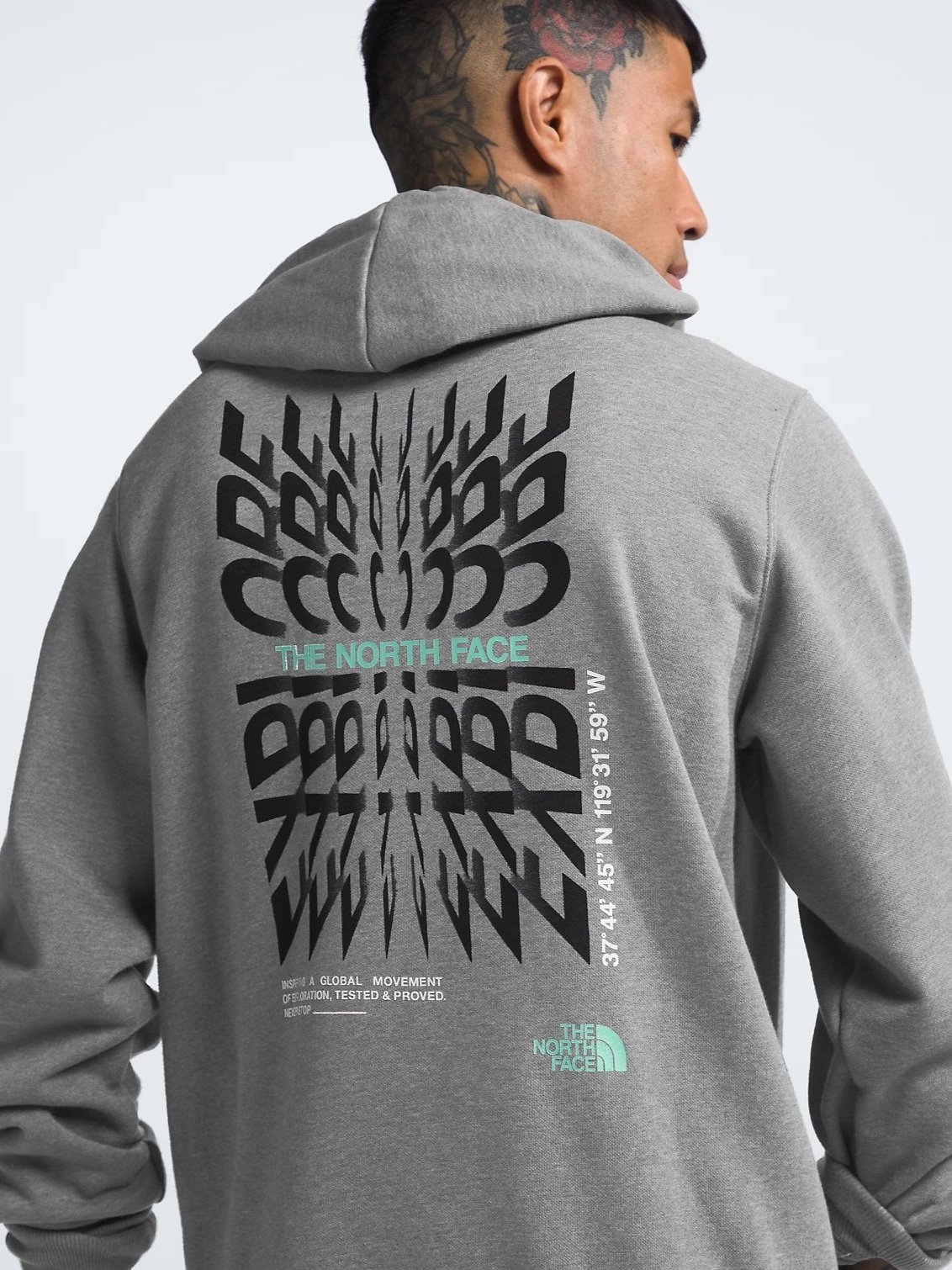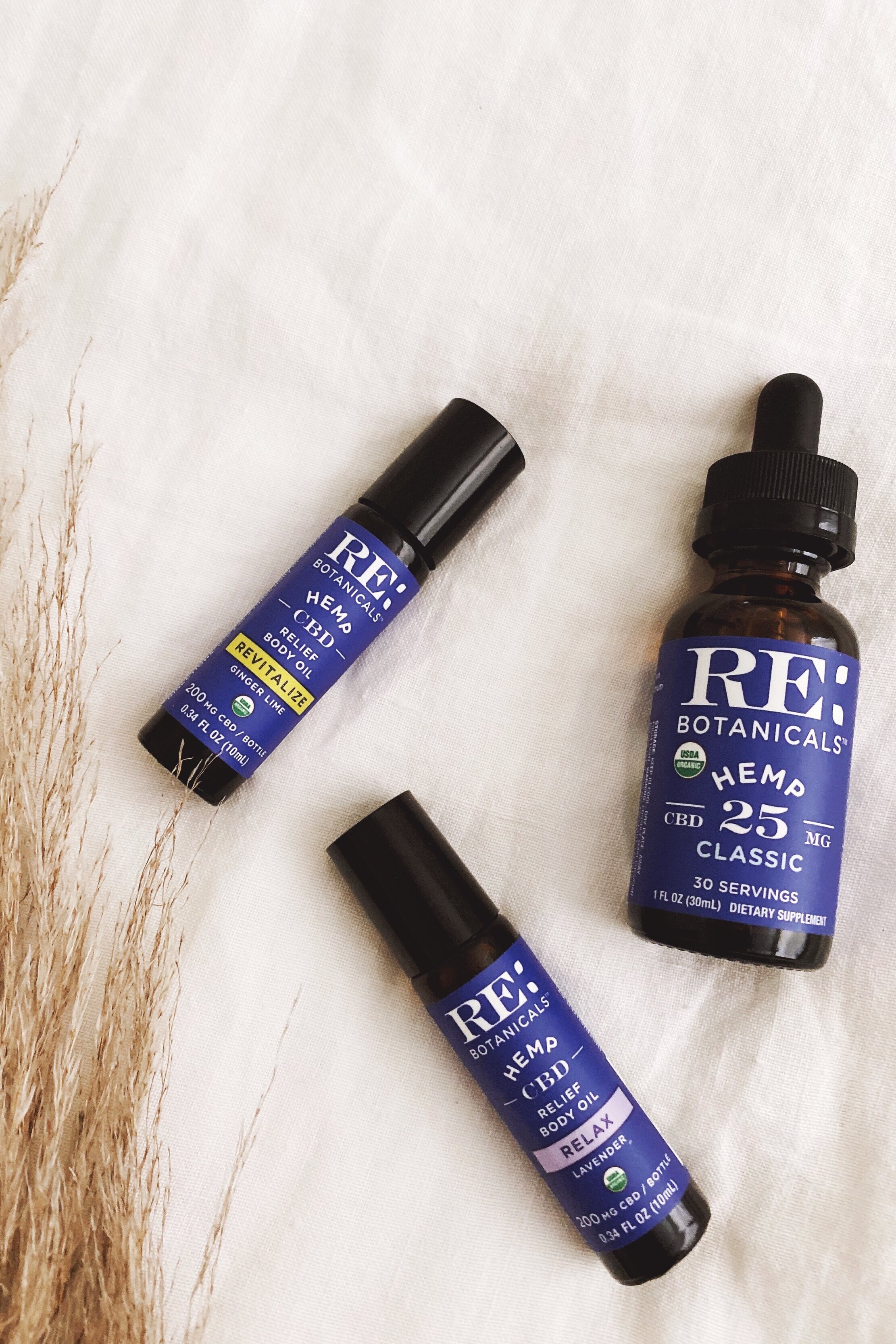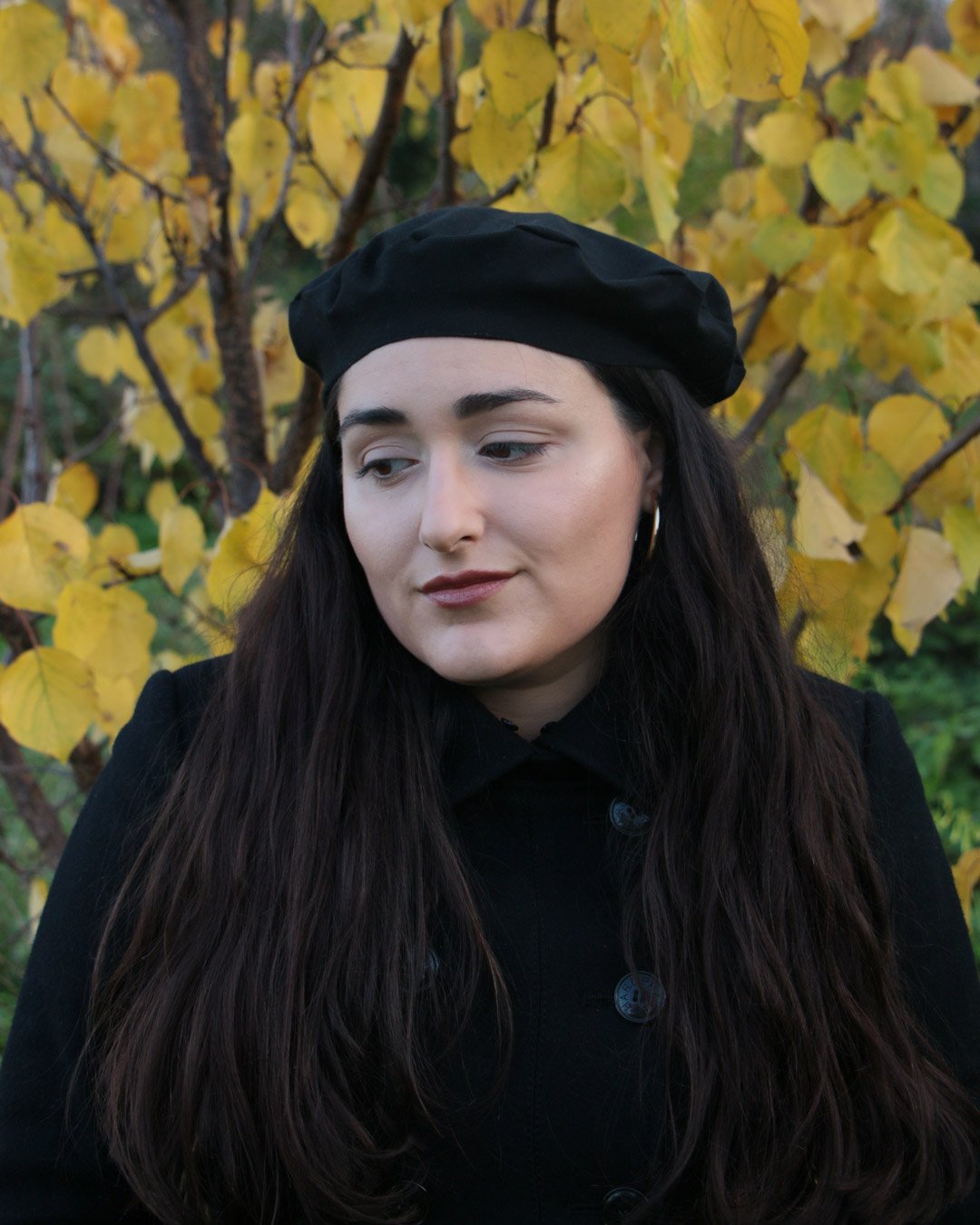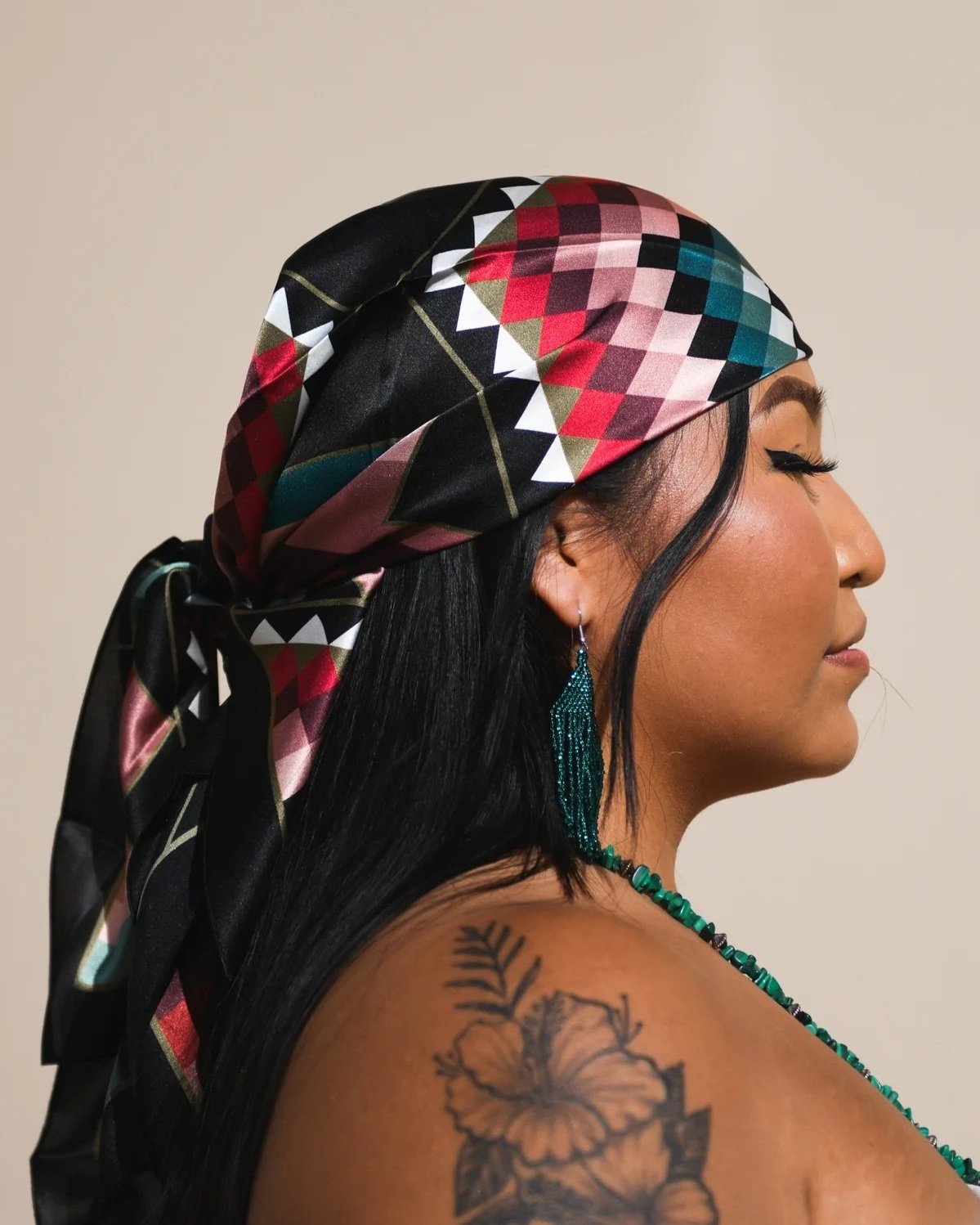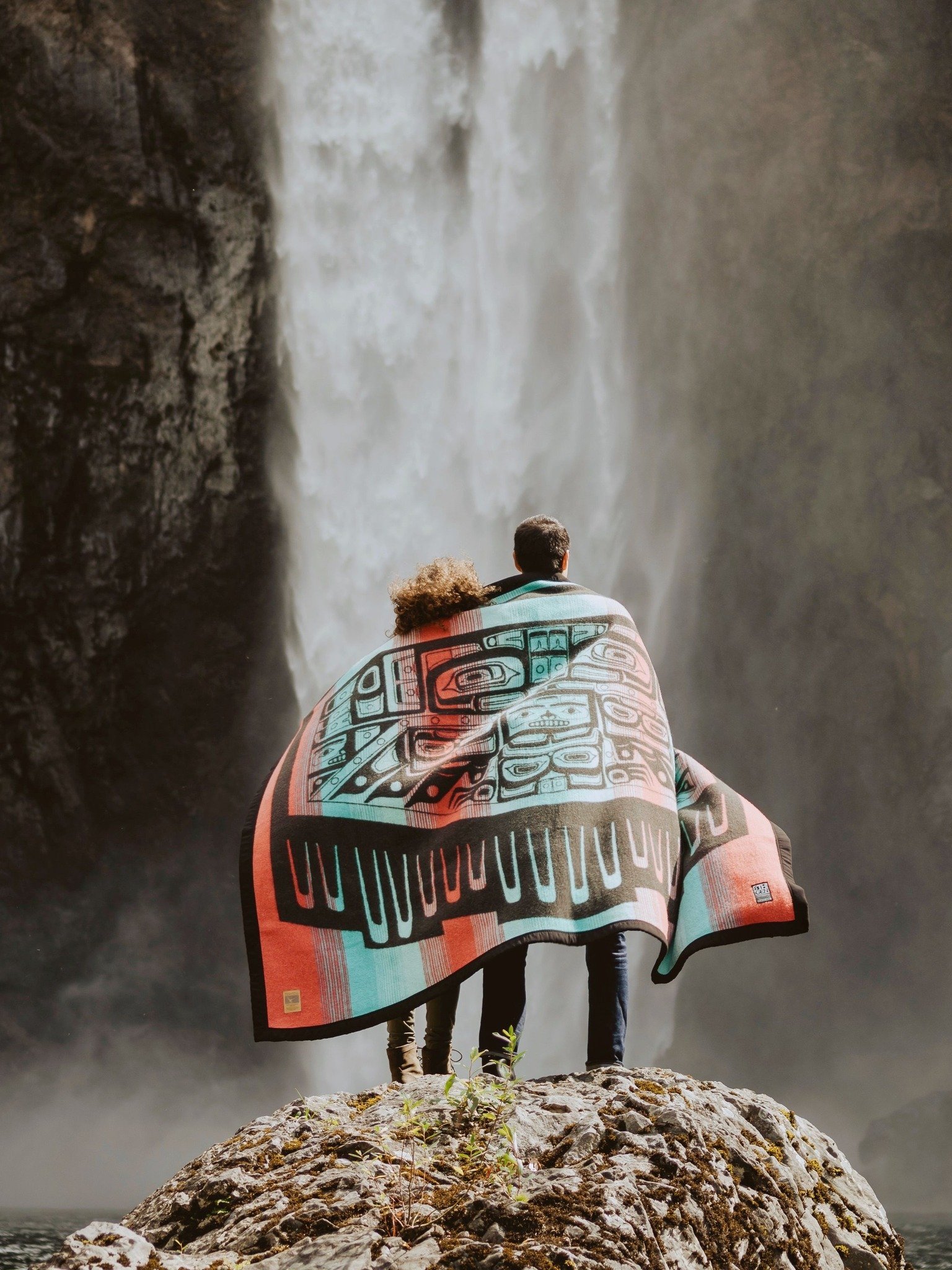Image: Colorful Standard
Disclosure: Some of the links below are affiliated; we may earn a small commission if you click through and make a purchase. We only ever add brands & products we truly believe in. Thank you for supporting the brands who are making the fashion industry a better place!
THE BEST GENDER-NEUTRAL CLOTHes That are Also Sustainable!
The fashion industry has always reflected society’s traditional gender roles and norms, selling clothes for “women” and “men”. But how about people who do not identify as such?
People who fall outside of the gender binary struggle to find clothes they feel good wearing and that make them feel confident and beautiful. Even people who do identify as a woman or a man may not like what society tells them they should wear given their gender.
All spheres of society, including fashion, should represent and cater for the entire spectrum of gender-diverse individuals there are on this planet. Fashion is all about self-expression, so this industry in particular should offer options for everyone, not just part of the population.
Thankfully, some brands have understood this urgent need for gender-inclusivity! Not only that, but they have also understood that we need to take care of our planet, alongside all humans.
In this article, you’ll find 8 sustainable gender-neutral clothing brands that make everyone look and feel their best!
WHAT IS A GENDER-NEUTRAL CLOTHING BRAND?
A gender-neutral clothing brand believes that everyone should be able to wear what they want, regardless of what society tells them they should like or wear. It rejects binary fashion and all the social norms, stereotypes, and expectations that come with it.
It is a fashion brand that offers genderless clothing made to fit every body, no matter how people identify. It provides a much-needed solution to transgender, gender-nonconforming, nonbinary, or other people who do not feel like themselves in gendered clothes.
However, note that people who identify as the gender they were assigned at birth can also prefer wearing unisex pieces and have a neutral look as well. Just because they see themselves as a woman or a man does not mean they have to buy “womenswear” or “menswear”.
So in short, a gender-neutral or gender-inclusive brand offers sizes, cuts, and styles that everyone can feel good in, including those often overlooked by society and the mainstream fashion industry.
WHAT MAKES A CLOTHING BRAND SUSTAINABLE?
Just because a clothing brand is gender-inclusive does not mean it should not also be sustainable.
An eco-friendly brand implements all kinds of sustainable practices throughout its supply chain and manufacturing process.
It uses eco-friendly fabrics and non-toxic dyes, takes steps to minimize waste (be it waste of energy, water, textile, and so on), and reduces its carbon footprint and chemical usage. Not to mention it should make high-quality clothes designed to last for many years.
There are many other things a brand can do to be more sustainable, but these are a great starting point!
A sustainable brand should also be transparent, sweatshop-free, and ethical. It should provide all workers in its supply chain with fair wages and safe, healthy working conditions, and treat them with dignity.
To ensure the brand is truly sustainable, check whether it received third-party certifications. The main ones we can trust are B Corporation, Fairtrade, Climate-Neutral, OEKO-TEX Standard 100, and GOTS to name a few.
WHAT ECO-FRIENDLY FABRICS SHOULD YOU SEARCH FOR?
Sustainable clothes can be made from a variety of eco-friendly fabrics. Some of the best ones are linen, Tencel lyocell, GOTS-certified organic cotton, and hemp. Recycled materials such as recycled polyester, recycled nylon, recycled cotton, or recycled wool are other great options we should not ignore.
Some brands also make their clothes using deadstock and upcycled fabrics. These are some of the most sustainable fabrics we can find as they are produced using old, unwanted fabrics that would have otherwise ended up in the landfill.
OUR TOP PICKS FOR SUSTAINABLE, GENDER-NEUTRAL CLOTHING BRANDS
1. TomboyX
Categories: Underwear, Bras, Swimwear, Activewear, Pajamas, Loungewear, Tees & Tanks, Hats, Socks
TomboyX is on a mission to make sustainable underwear and clothes that anyone can feel comfortable in, no matter their size and how they identify.
This queer- and women-founded brand is one of the most inclusive in terms of sizes (it carries sizes 3XS up to 6X), body shapes, and gender expressions.
It offers a wide variety of underwear featuring many styles, prints, and colors, as well as swimwear, lounge clothes, and tops. And if you are looking for a more comfortable alternative to traditional binders to minimize your chest, TomboyX has you covered with its compression tops!
Its pieces are all built to last and made with sustainable fabrics such as organic cotton, Tencel modal, recycled nylon, BCI cotton, or recycled polyester produced from old plastic water bottles. Plus, you’ll be happy to hear that all its cotton products are OEKO-TEX certified, so they are guaranteed to be safe and free of harmful substances.
TomboyX also received the B Corp certification, so it meets extremely high standards for environmental and social impact. It uses biodegradable product packaging, and the majority of its facilities are certified by the Fair Labor Association and WRAP.
2. Colorful Standard
Categories: T-shirts, Sweaters, Hoodies, Shirts, Sweatpants, Accessories, Socks, Activewear
While Colorful Standard does not describe itself as a gender-neutral clothing brand and has women’s and men’s collections, the majority of its clothing features a unisex style.
It sells wardrobe basics like t-shirts and crewneck sweaters, all of which are available in a rich color palette of up to 66 colors.
From bright vibrant colors to neutral hues, there is a color and shade for everyone!
Colorful Standard makes all its clothes from 100% organic cotton and 100% recycled merino wool certified by the Global Recycled Standard, and it dyes them using eco-friendly, OEKO-TEX-certified dyes.
The clothes are also garment-dyed, meaning that they are first produced and then dyed according to demand, so dye waste is reduced to a minimum. Not only that, but the brand reduces its fabric waste thanks to its precise laser cutting process, and it upcycles leftover scrap fabrics into furniture filling.
Plus, Colorful Standard uses recycled, FSC-certified packaging and produces everything in Portugal, thus adhering to the high labor standards set by the European Union.
3. PAKA
Categories: Sweaters, Hoodies, Socks & Accessories
Founded in Peru, PAKA has created a natural, sustainable clothing line for those who love the outdoors. They believe using eco-friendly materials like their super soft Royal Alpaca that can connect consumers more to nature and sustainably support small communities. Their products are fully traceable from the fiber source, each product features a QR that shows the consumer the farm where the fiber was harvested.
Even the dyes are environmentally friendly (OEKO-TEX & GOTS certified), and the packaging is biodegradable. We love that PAKA is a certified B-Corp that works hard to create a better, sustainable future for the fashion industry.
We’ve linked you to their Unisex collection which features cozy sweaters and socks for your next outdoor adventure!
4. Lonely Kids Club
Categories: T-shirts, Sweatshirts, Long-Sleeve Tops, Shorts, Leggings, Hats, Socks, Kids’ Clothes
If you are looking for a unique, sustainable graphic tee, this Australian brand is for you! Lonely Kids Club makes gender-neutral clothing for both adults and kids, prioritizing ethical production and sustainable processes.
It has a huge selection of T-shirts, hoodies, bottoms, and different accessories featuring cool patterns and logos created by different artists.
You can choose from all kinds of fun designs from pop culture to memes to retro. There is something for every personality and style!
Lonely Kids Club works with a local seamstress on handmade small-batch products, and all other clothes are printed on order in the brand’s workshop so there is no mass production.
It has also implemented many sustainable practices such as reusing leftover fabrics and ink cartridges, using carbon-neutral electricity, and turning leftover ink into soil-enriching nutrients.
Not to mention its clothes are OEKO-TEX Standard 100 certified so they are 100% free of harmful substances, and the brand makes them in partnership with the Better Cotton Initiative.
Plus, the company invests its profits into a variety of nonprofits and charities, and you will receive a free limited edition art print, a sticker, and a magnet with your purchase!
5. Big Bud Press
Categories: Tops, Bottoms, Jackets, Jumpsuits, Socks, Hats, Bags
Big Bud Press is a Los Angeles-based brand creating ethical unisex clothing.
It has everything from work pants and Western pants to overalls and jumpsuits to bell sleeve tops and turtlenecks.
With sizes ranging from XXS to 6XL (sometimes up to 7XL!), it is one of the most size-inclusive brands on the market!
We love that Big Bud Press is sweatshop-free and focuses on local manufacturing practices and sourcing. It helps significantly reduce its environmental footprint and allows the company to visit every arm of its production processes at least once a week to ensure the quality of its clothing and the ethical treatment of workers.
All the fabrics it uses are made in America, both in Los Angeles and throughout the country. Most of them are crafted from cotton grown and processed domestically, but you can also find locally-grown, GOTS-certified organic cotton, leftover fabrics, and some non-cotton fabrics made from recycled yarn. Even the zippers, labels, and elastics are made in the USA!
The brand’s clothes are dyed using low-impact and non-toxic dyes, and they are shipped using 100% recycled mailers.
6. Ginew
Categories: Accessories, Jewelry, Outerwear, Tops, Bottoms
Ginew is a Native American-owned, family business selling contemporary, gender-neutral clothing and accessories.
Aiming to increase Indigenous visibility in the fashion industry, the brand fuses Native American style with Oneida, Stockbridge-Munsee, and Ojibwe design elements and tribal symbols.
It has a great selection of T-shirts, button-down shirts, jeans, cargo pants, twill khakis, jackets, and all kinds of gorgeous accessories, including beaded earrings, metal bracelets, bandanas, and hats.
Its heirloom-quality garments feature natural fabrics made in the USA, such as raw denim, Pendleton-woven wool, and all-cotton fabrics.
Ginew also crafts them in small batches to reduce overproduction and leftover inventory, which significantly minimizes its textile waste. Some of its clothes are produced in quantities of 100 (or even less), meaning that they are truly unique pieces.
What’s more, when it collaborates with other Native artists and businesses for some of its designs, they also receive a portion of each sale. Not only that but the brand regularly makes donations to different initiatives and organizations, and supports young, talented Native people to follow their dreams!
7. WILDFANG
Categories: Tops, Bottoms, Dresses, Skirts, Shirts, Coveralls, Blazers, Accessories
WILDFANG is a gender-neutral clothing brand striving to rethink gender norms and how they show up in the fashion industry. Its clothes will help you appreciate and celebrate your body no matter how you identify!
You can choose from many pieces including all kinds of tops, pants, skirts, dresses, and blazers. It even has different coveralls and utility jumpsuits featuring lots of deep pockets so you can store your gear and daily essentials easily.
Most of WILDFANG’s pieces are sold in a wide range of colors and cool patterns, and they are available in sizes XS to 3X.
Besides being gender- and size-inclusive, the company has taken different steps to reduce its environmental footprint. For instance, it is Climate-Neutral certified, meaning that it measures and offsets its entire carbon footprint. It also minimizes its fabric waste and its factories are all ISO14001 certified.
Another great initiative is that WILDFANG currently donates at least 1% of its annual revenue to The Trevor Project, which is the world’s largest suicide prevention organization for LGBTQ youth. Not to mention it has given back over $1 million to similar causes since its launch!
8. Olderbrother
Categories: Coats, Shirts, Jeans, Hoodies, Sweaters, Vests, T-shirts, Overalls, Accessories
Olderbrother creates universal, gender-neutral clothes that are all equally tailored to fit and celebrate every body.
Its eco-conscious collection is one-of-a-kind, featuring unique coats, pants, tops, and accessories. They are all made from sustainable, natural fabrics such as organic cotton, linen, recycled cashmere, hemp, and blends of wool and woven rice paper. You can even find pieces crafted with deadstock materials and zippers or from upcycled items!
Its puffer vests and jackets are stuffed with cruelty-free, renewable tree fill, and its large tote bag is reconstructed from salvaged materials.
If you like gardening, Olderbrother has some cool overalls featuring many practical pockets made from scrap materials, and an “apple picker”, which is a bag vest with front and back pouches offering maximum storage within arm's length!
We also love that the brand colors its pieces with natural, non-toxic dyes such as indigo, tannins, hibiscus, turmeric, madder root, and sustainable wood bark. It also uses alum and iron oxide as eco-friendly mordants in the dyeing process.
To top it all off, the company produces all its clothes in California and ships them using biodegradable packaging.
About the Author
Eva Astoul is a French freelance writer, specializing in content related to sustainability, simple living, and a growth-focused healthy lifestyle. She runs her own blog, Green With Less, to inspire people to live a more minimalist and sustainable life.
MAKE SURE TO PIN THE PHOTO BELOW TO SAVE THIS POST FOR LATER!
WANT MORE SUSTAINABLE BRANDS? VISIT OUR BRAND DIRECTORY!
Our Brand Directory is home to hundreds of sustainable brands, from makeup to cleaning supplies, from underwear to shoes. We have broken everything down by category for easy shopping, along with discount codes unique to Sustainably Chic viewers.

